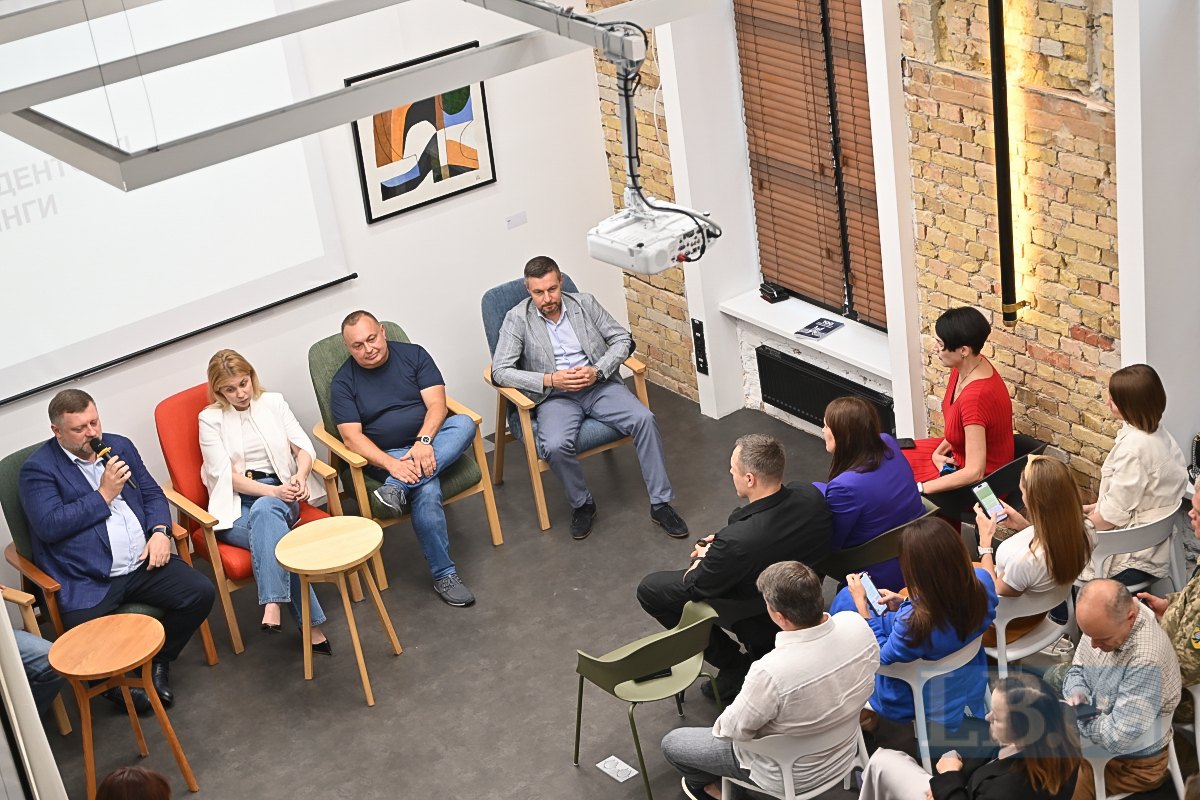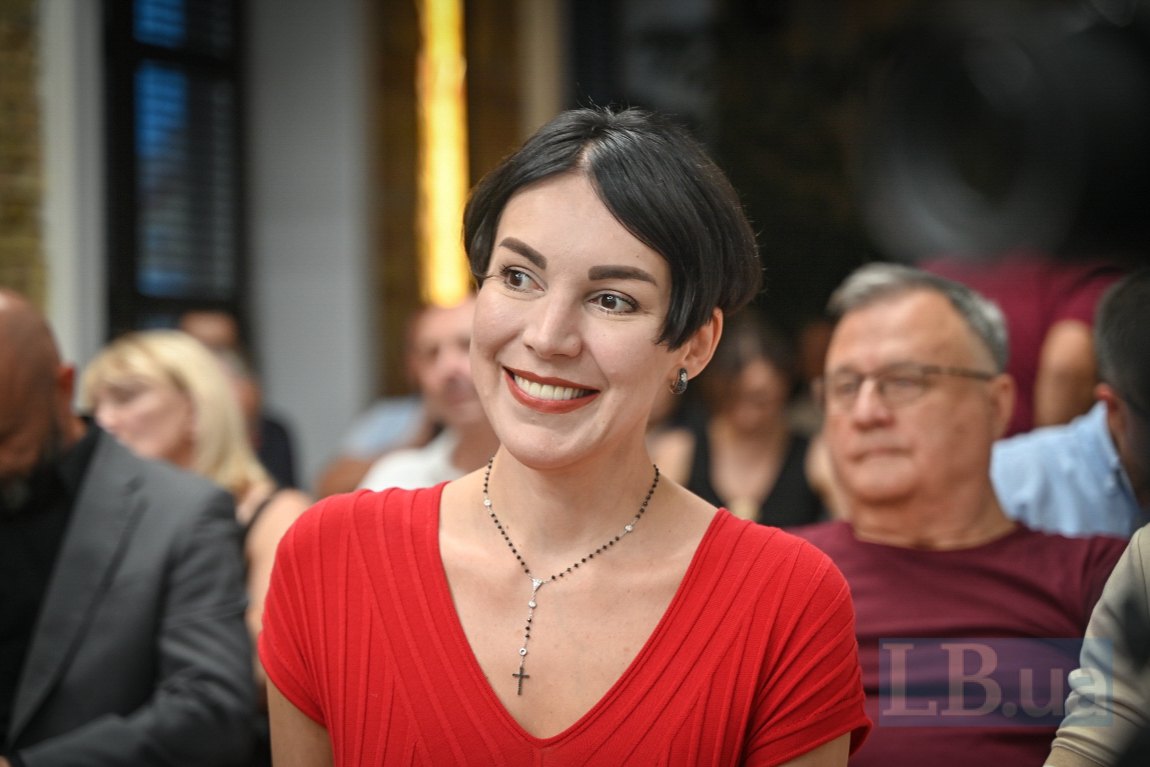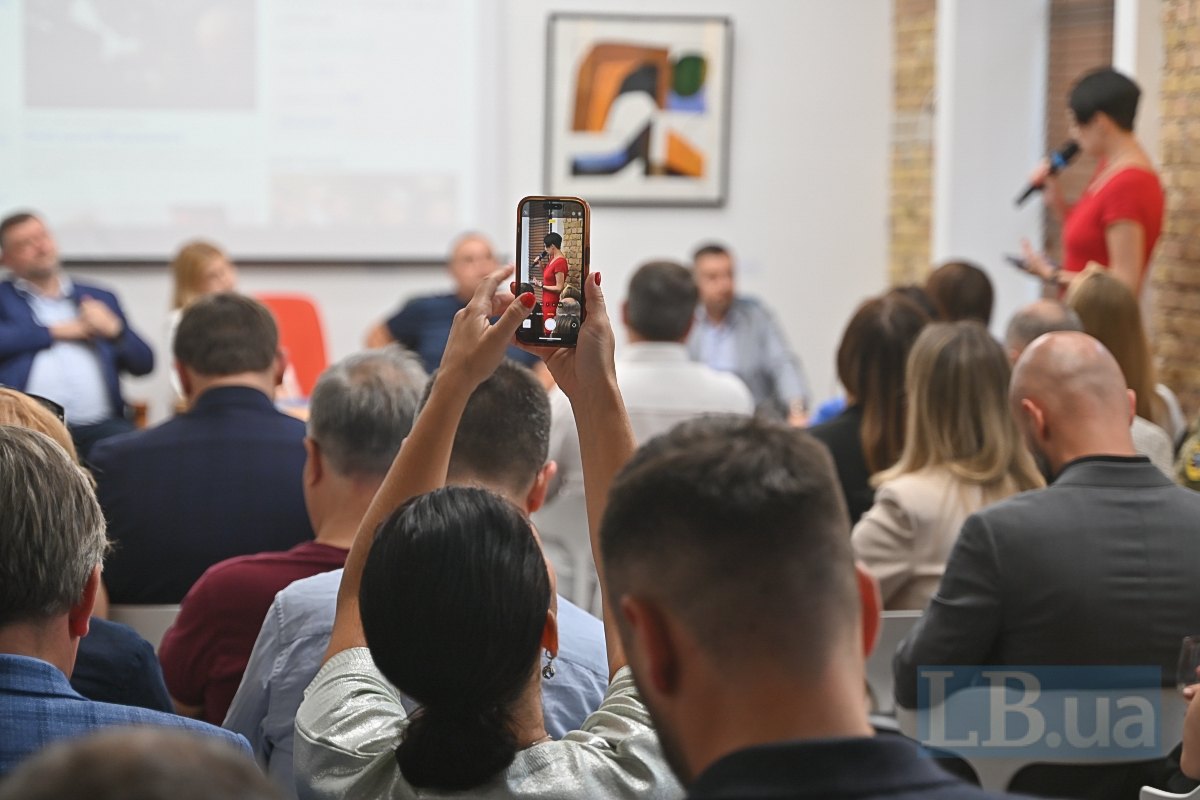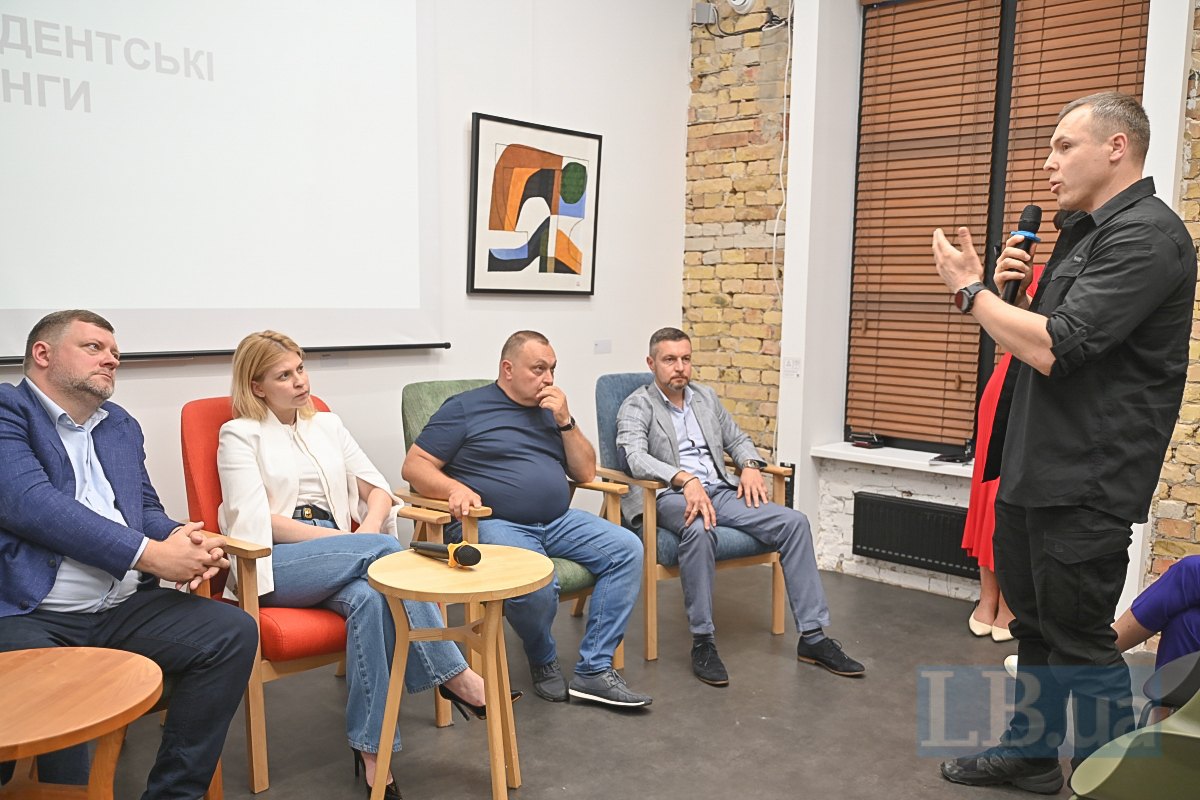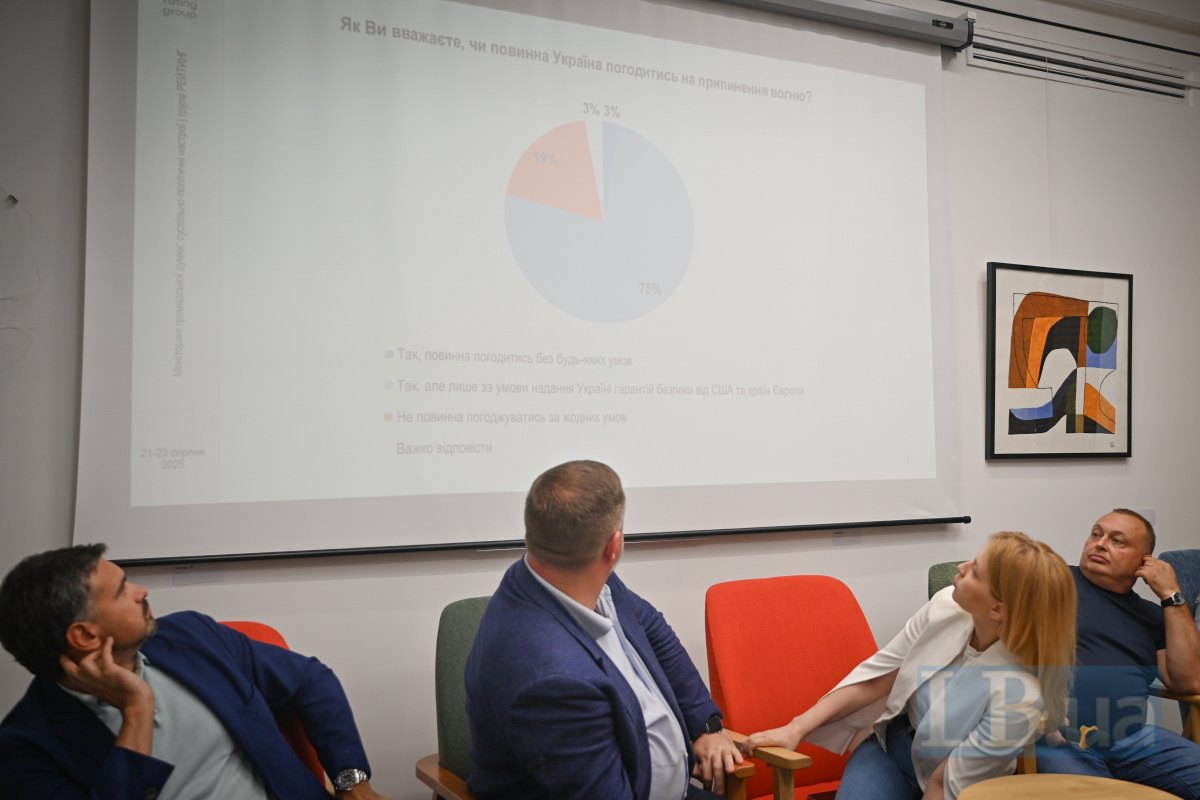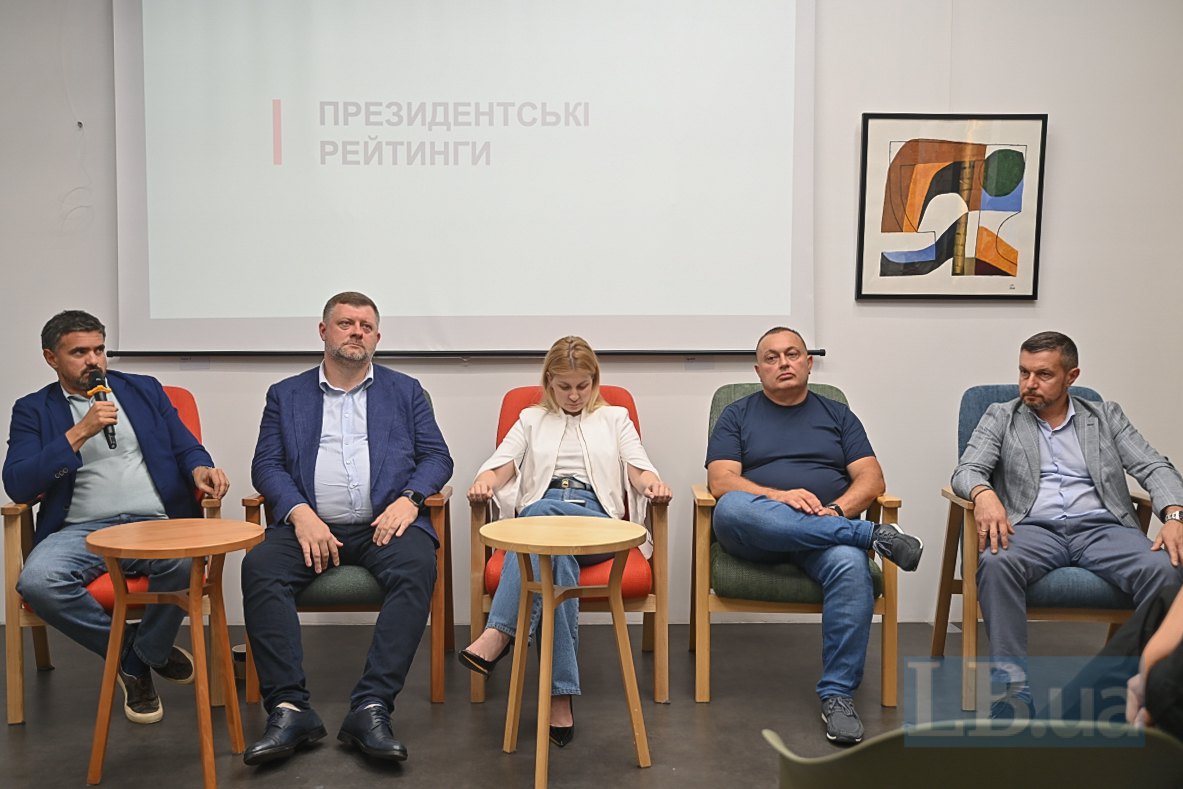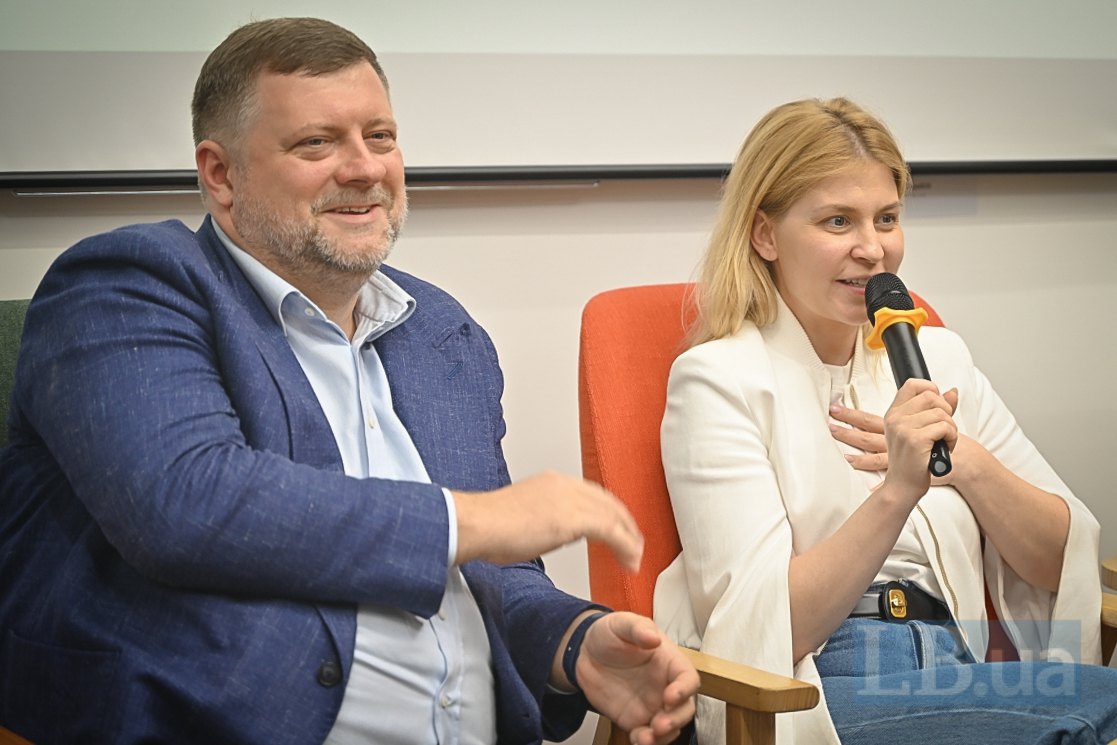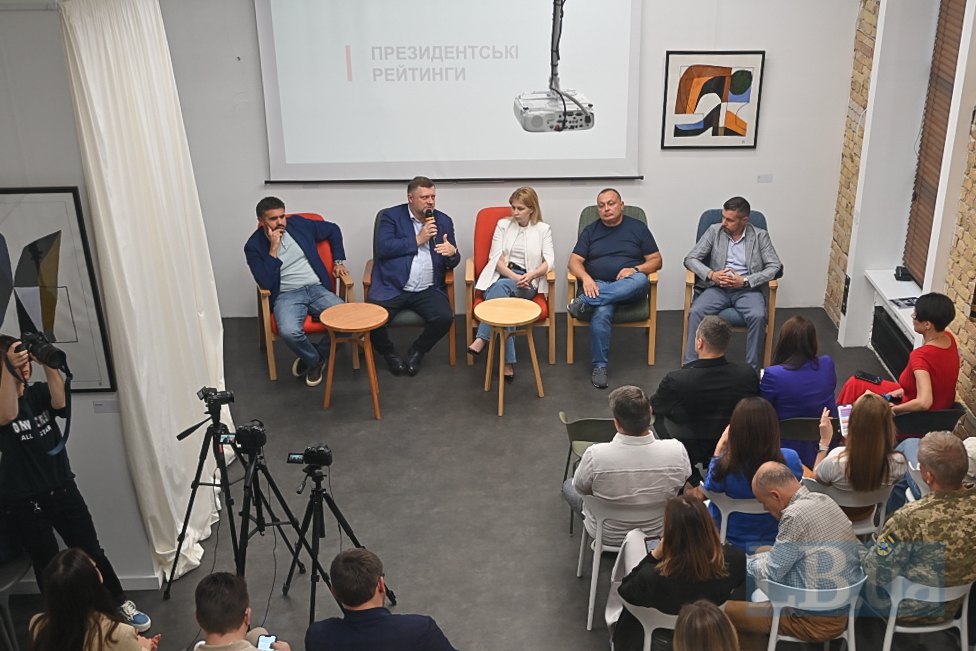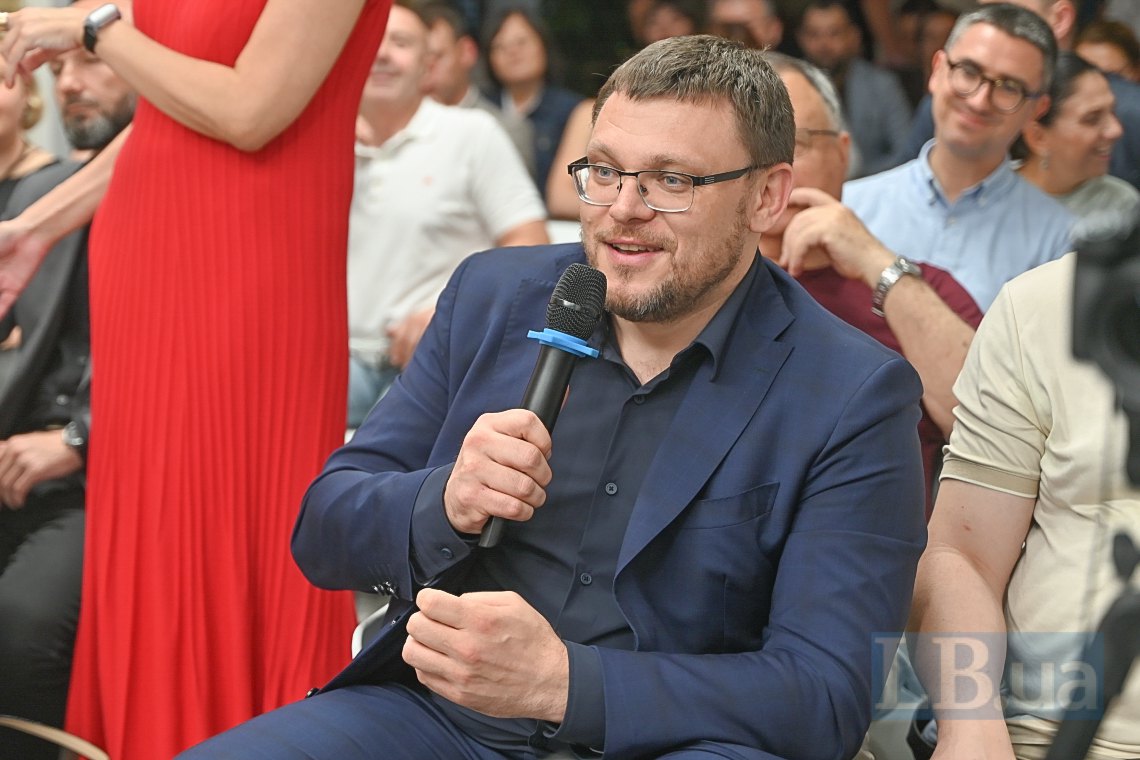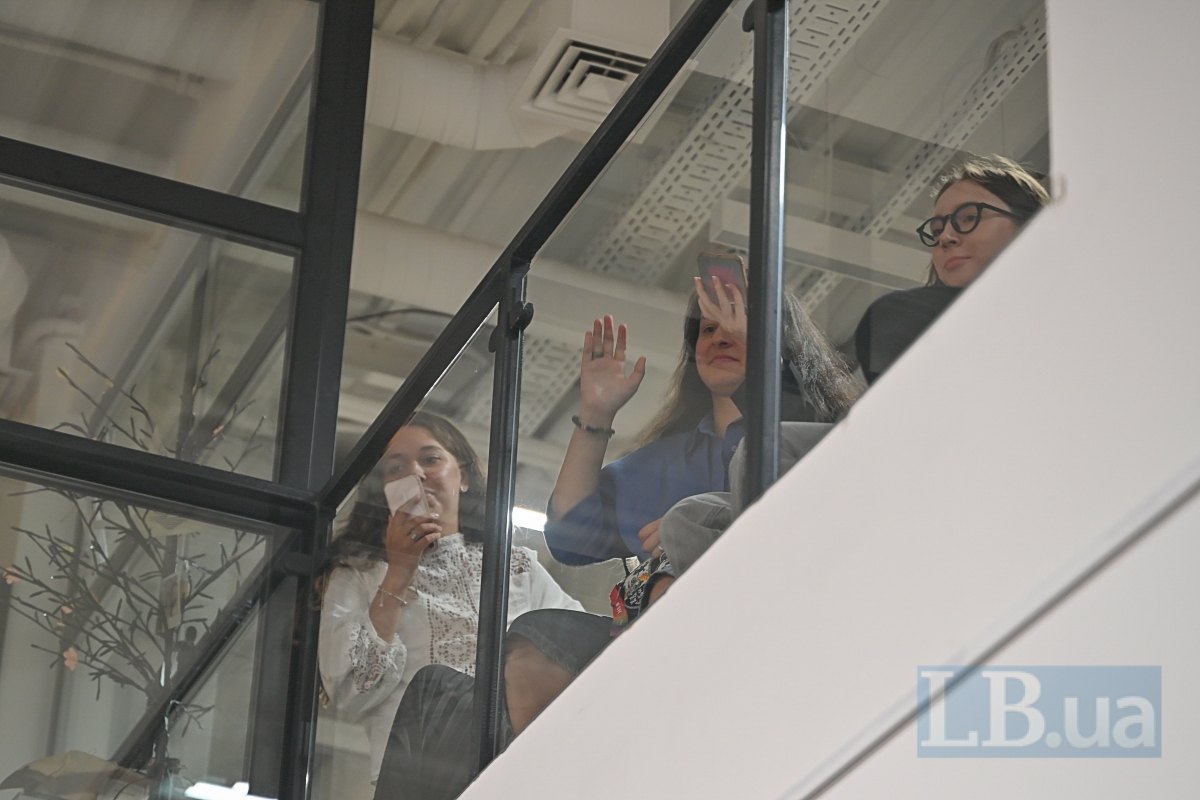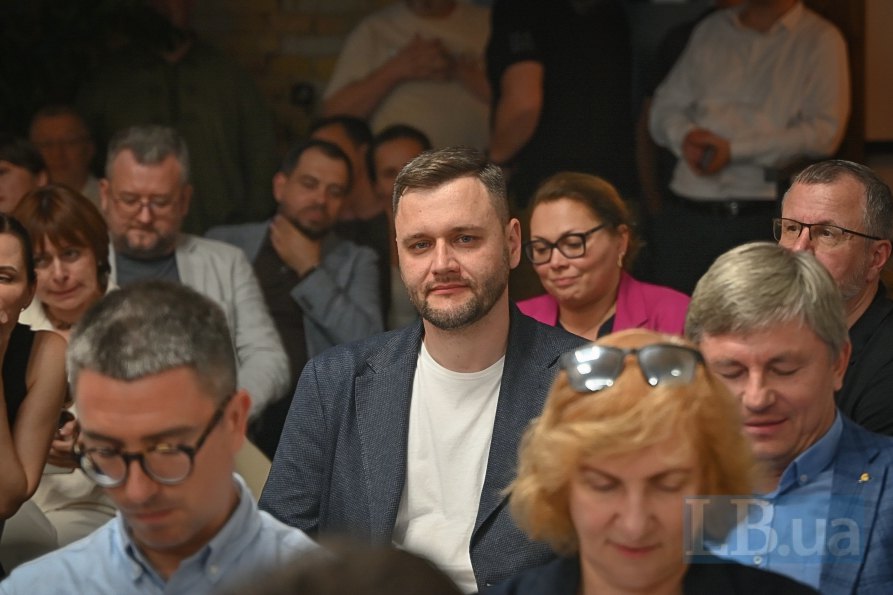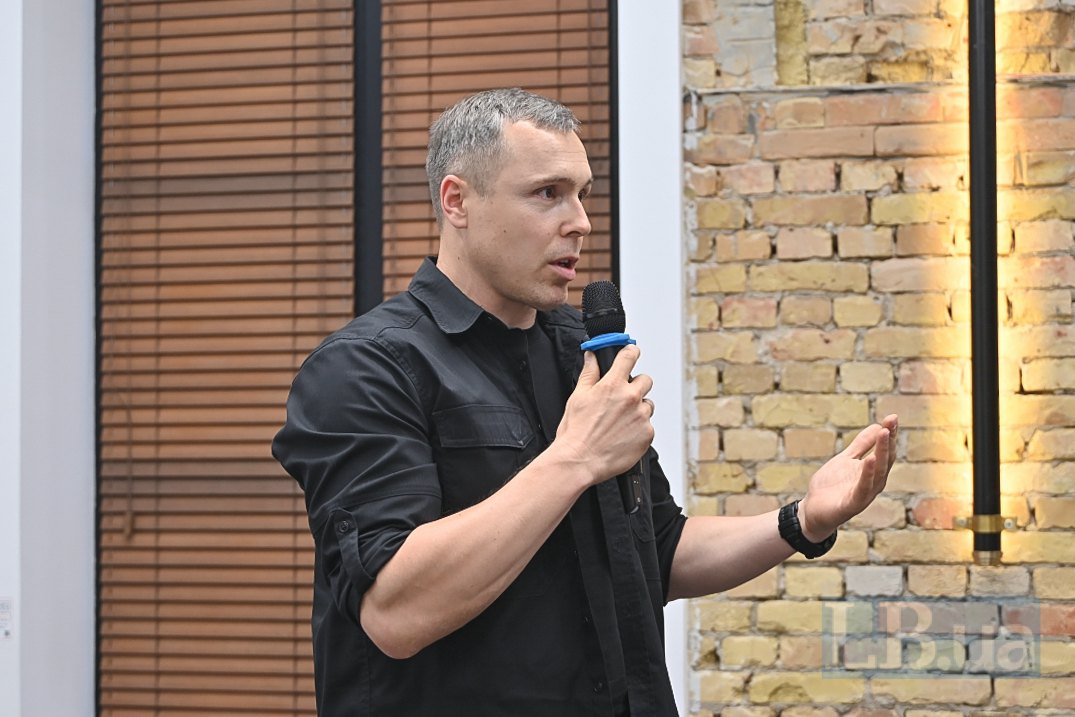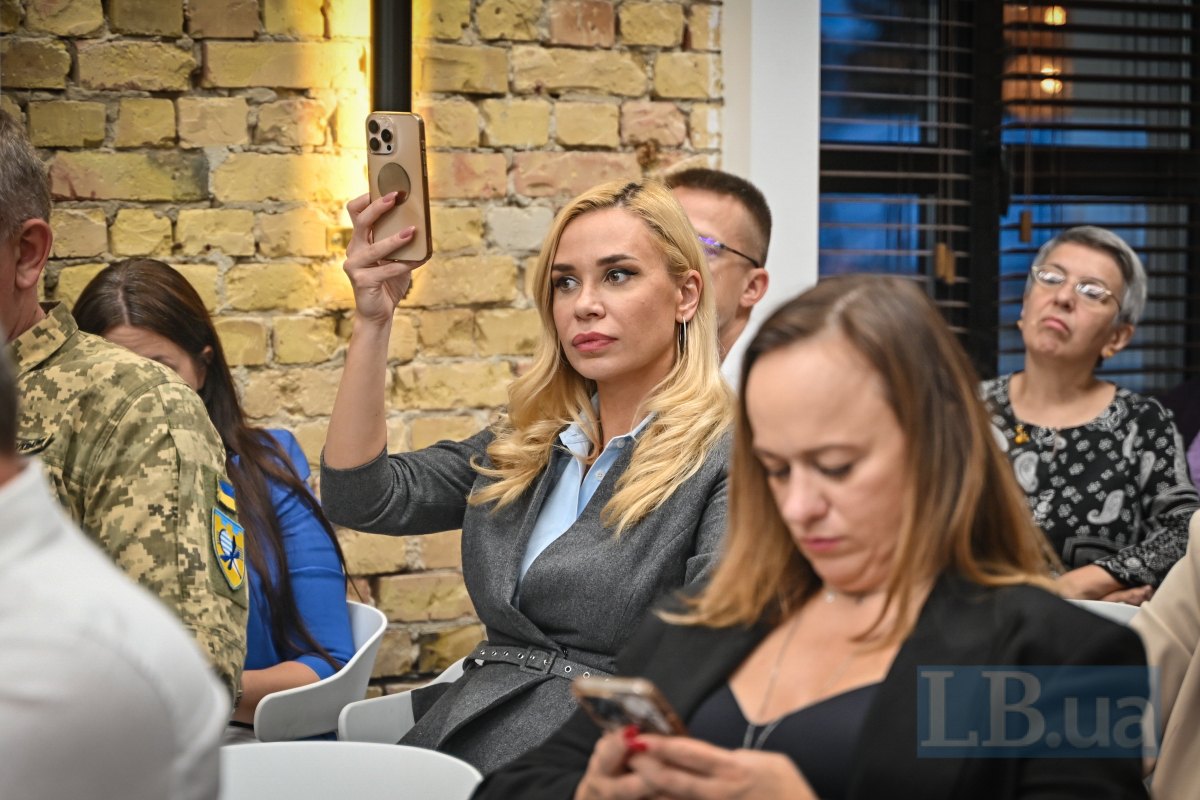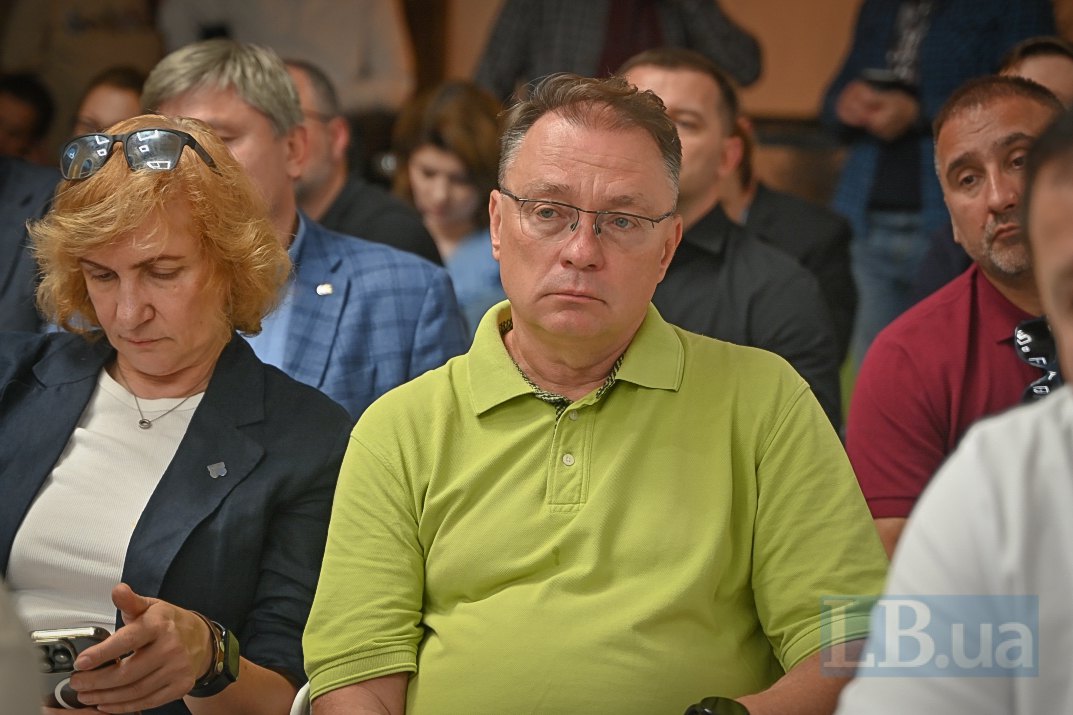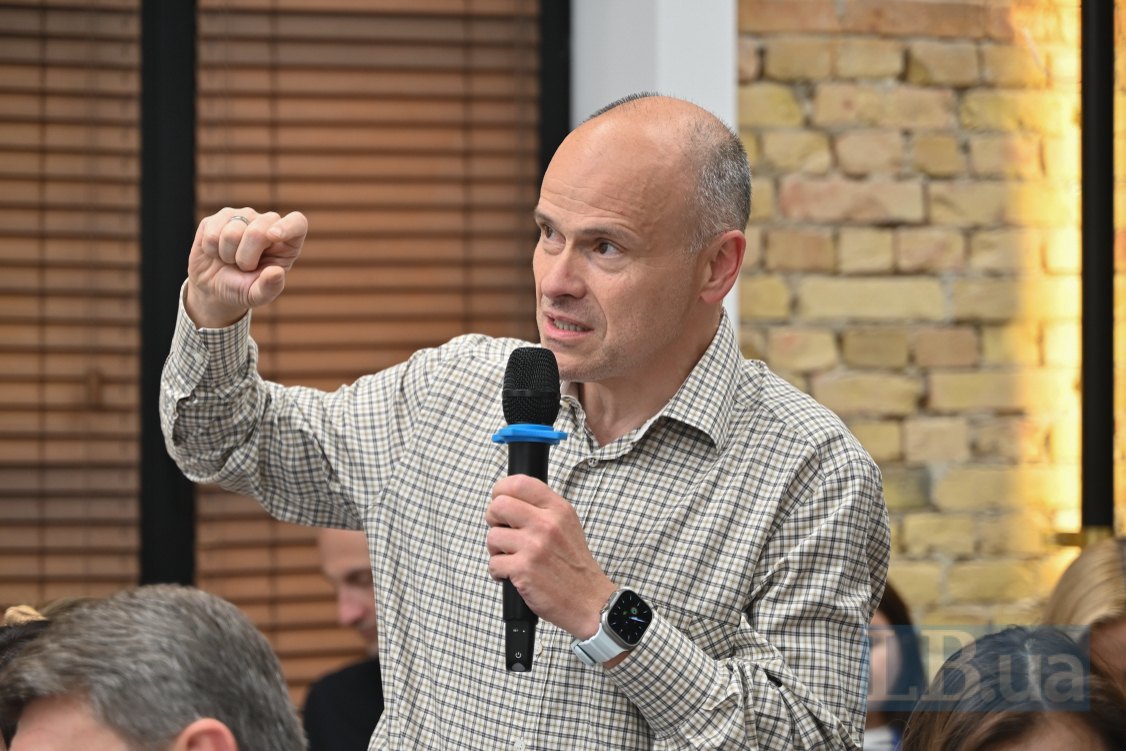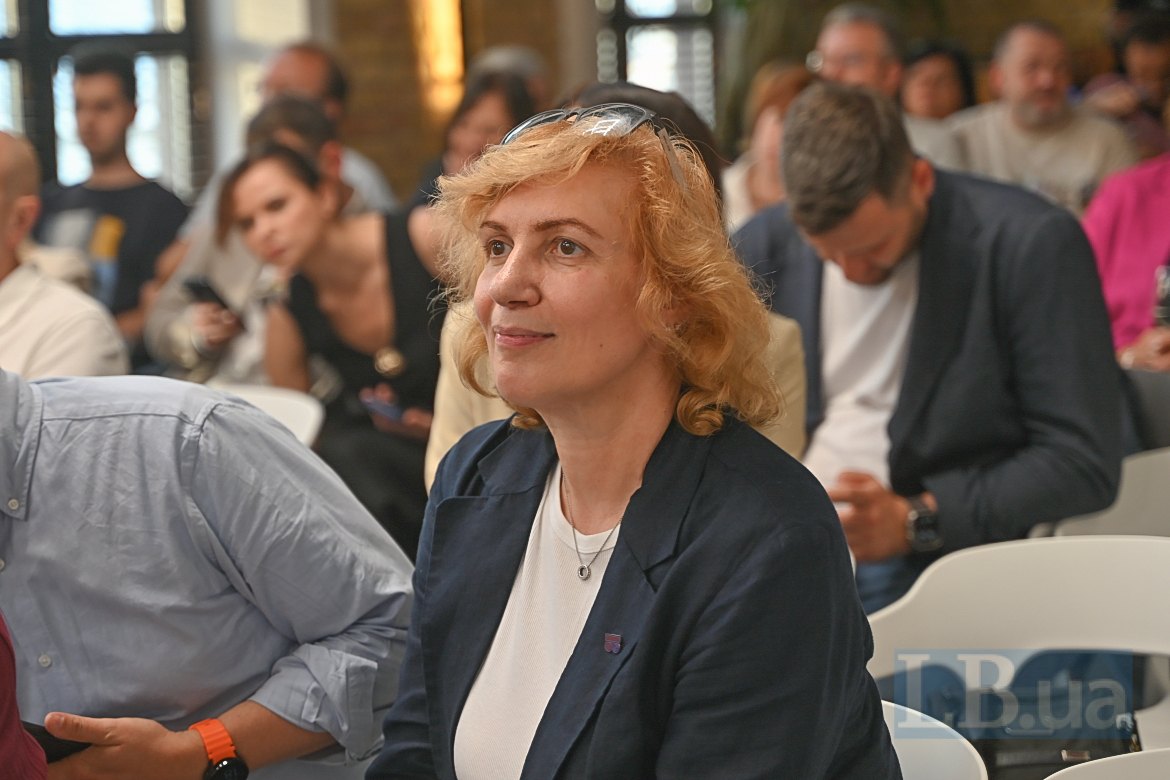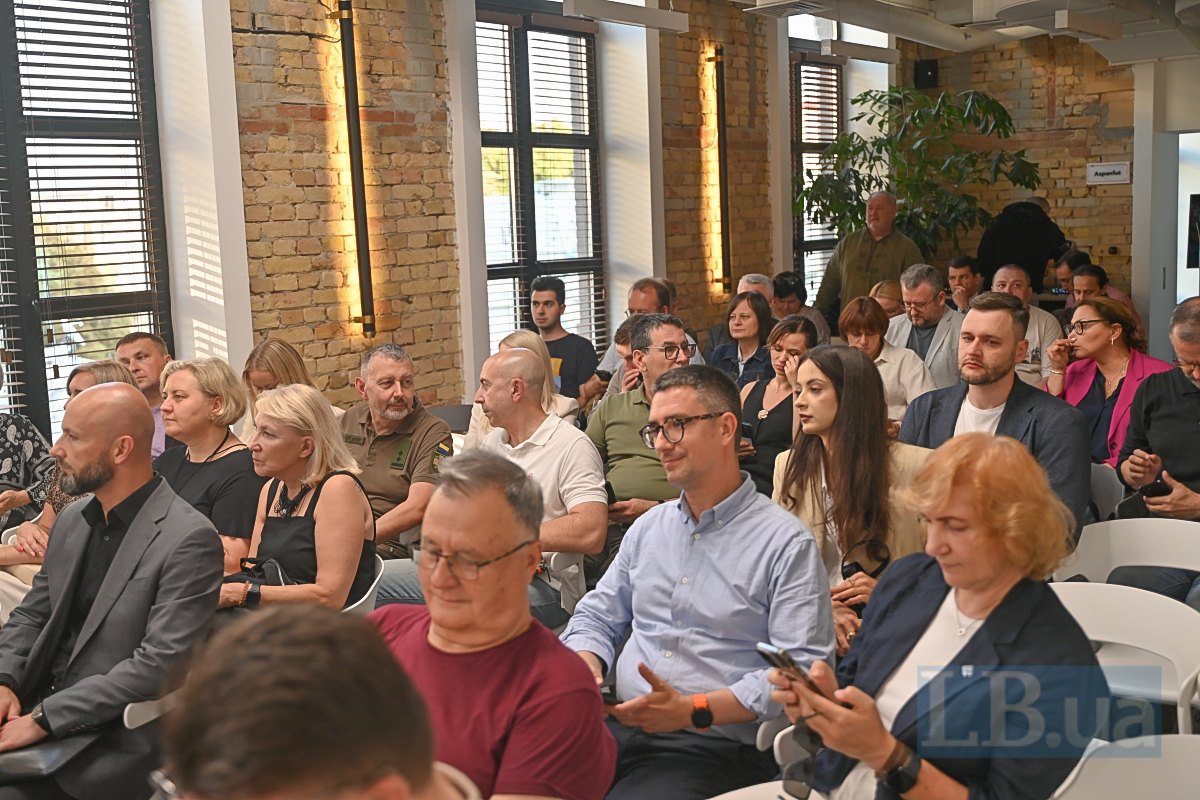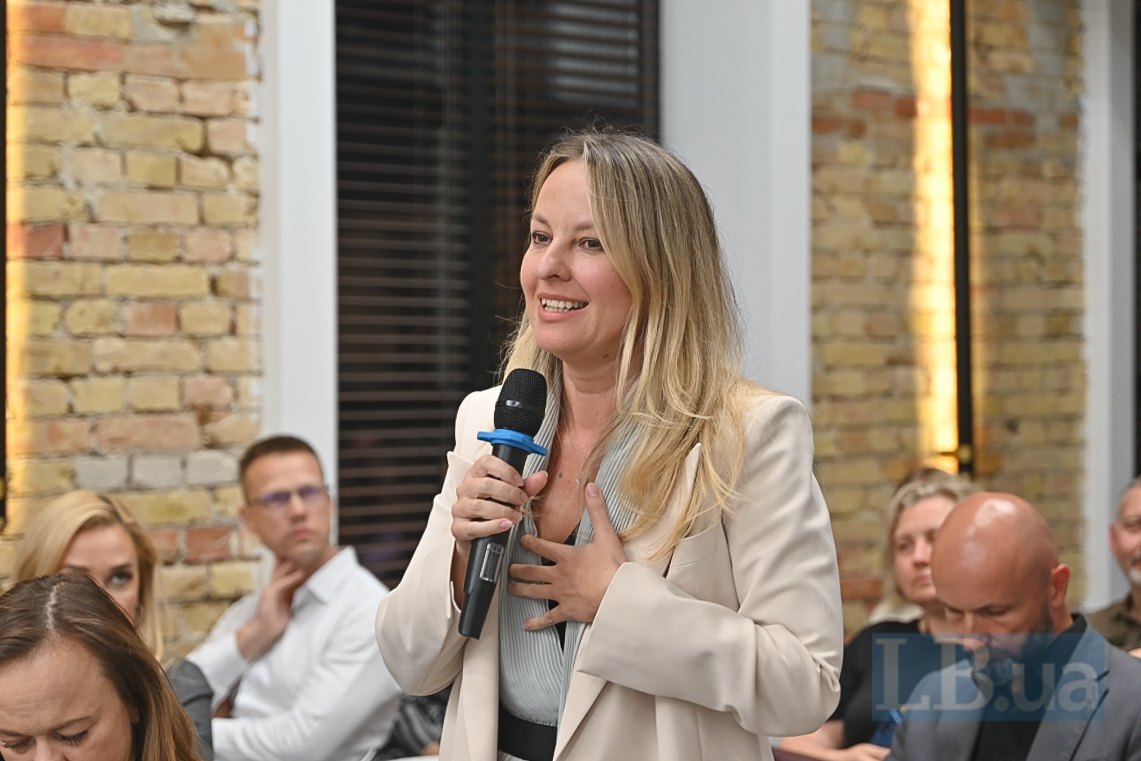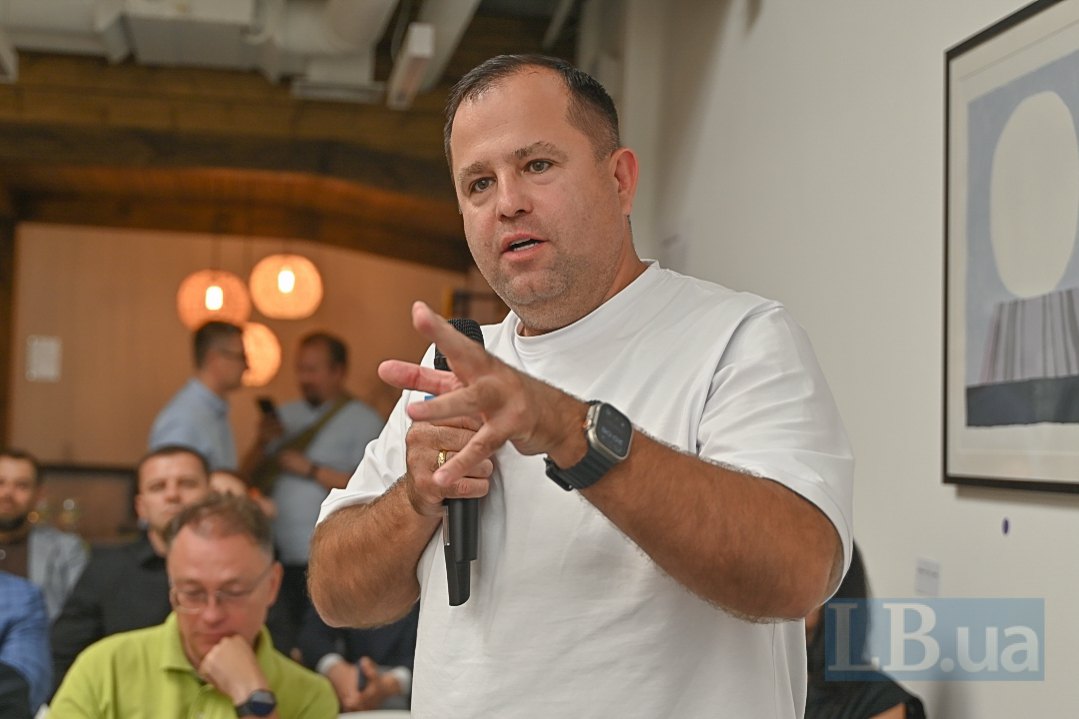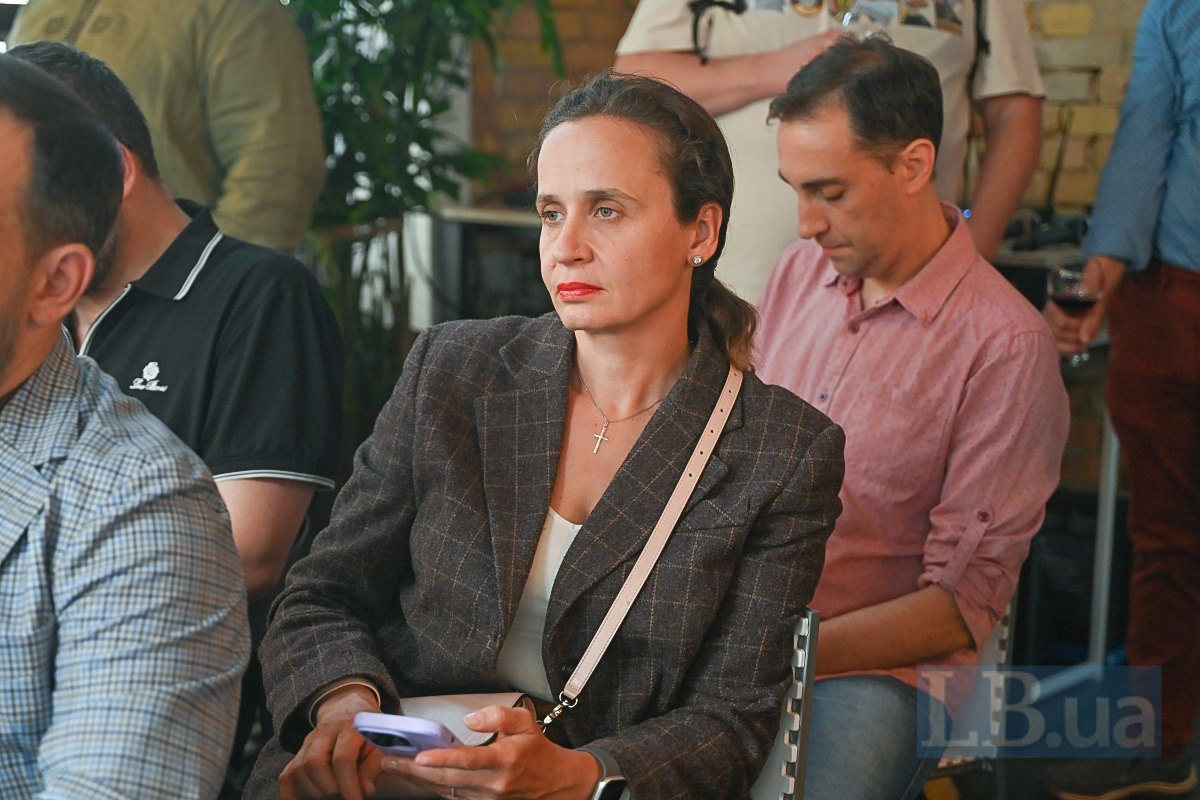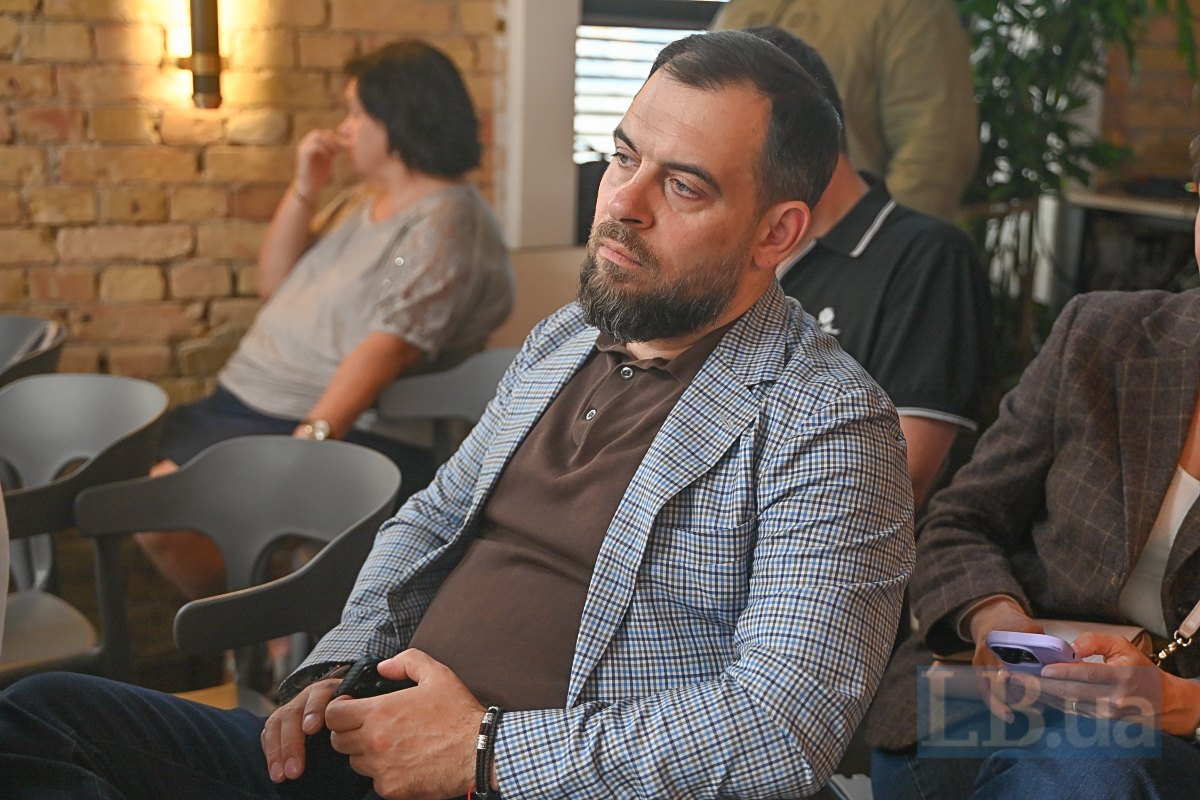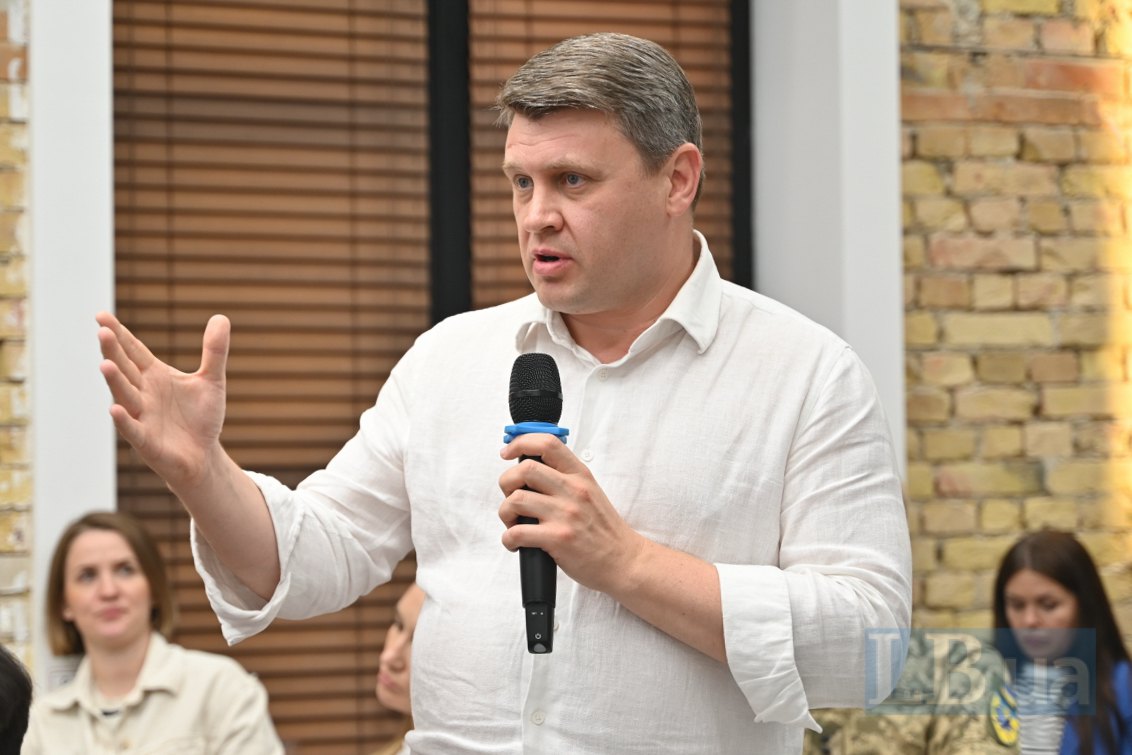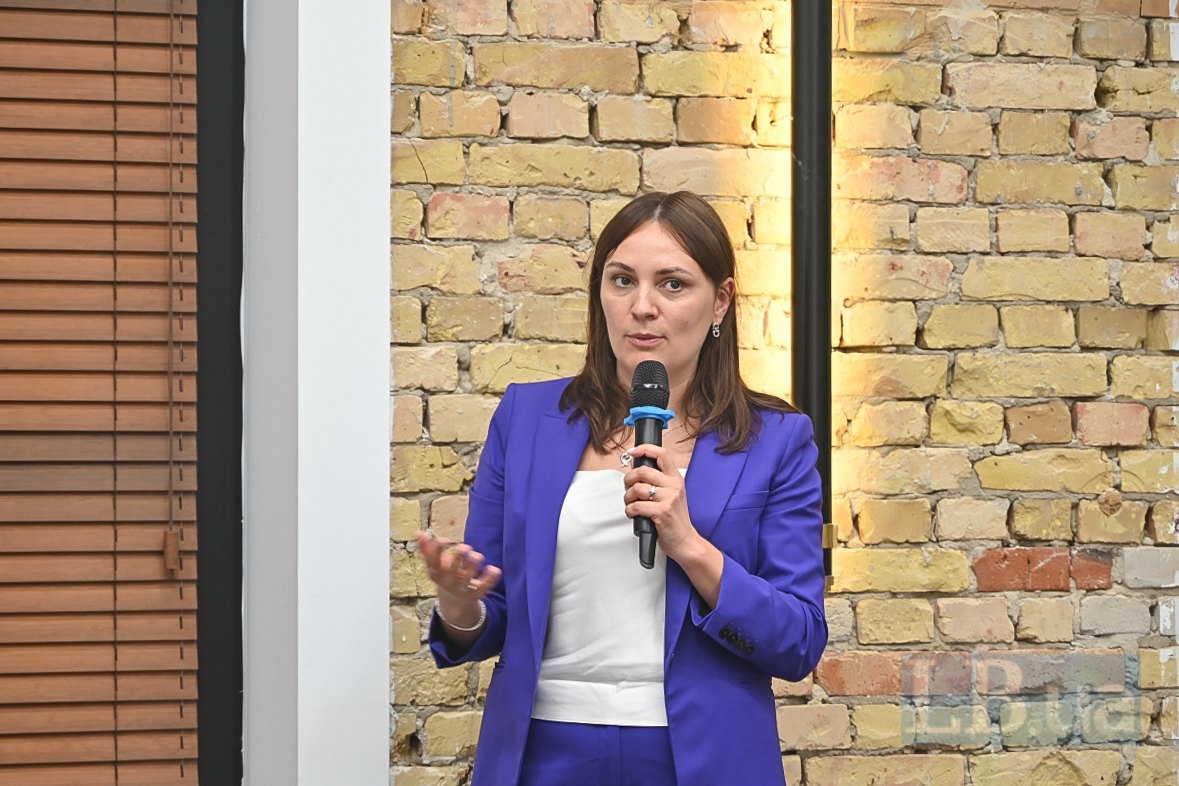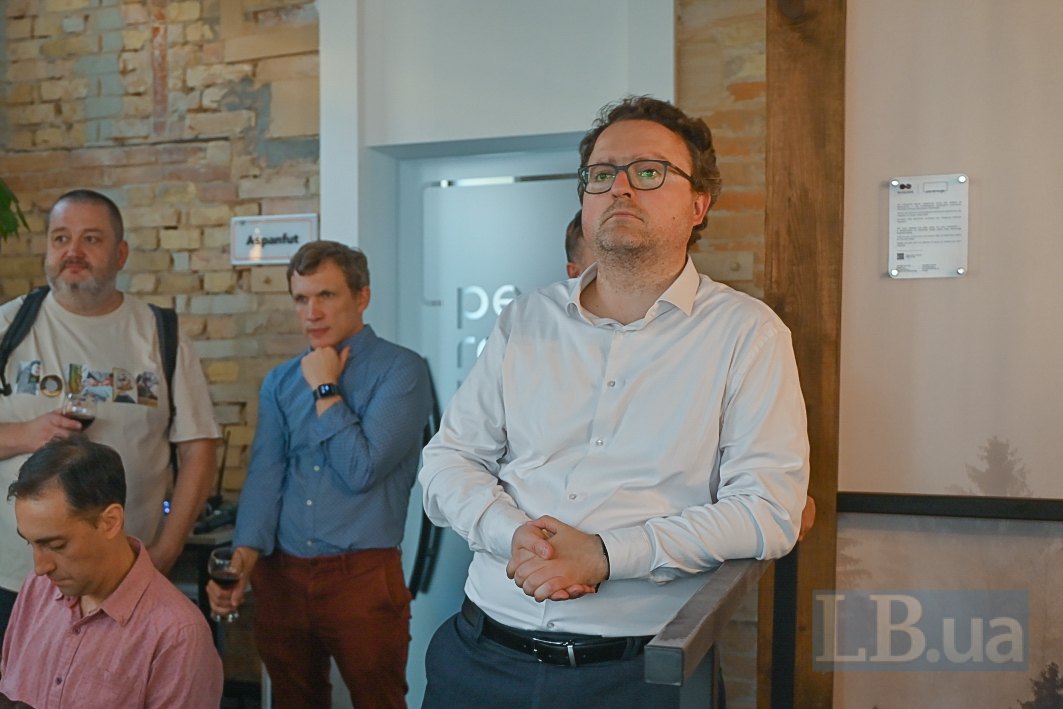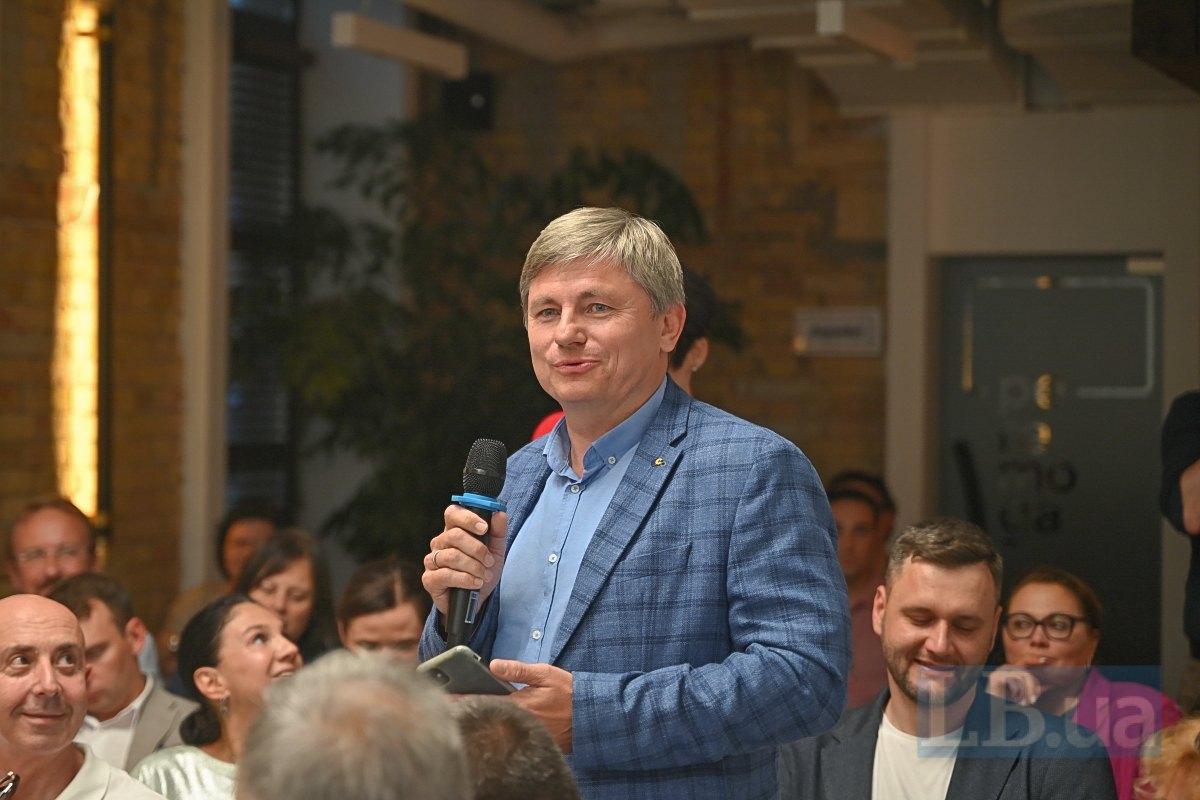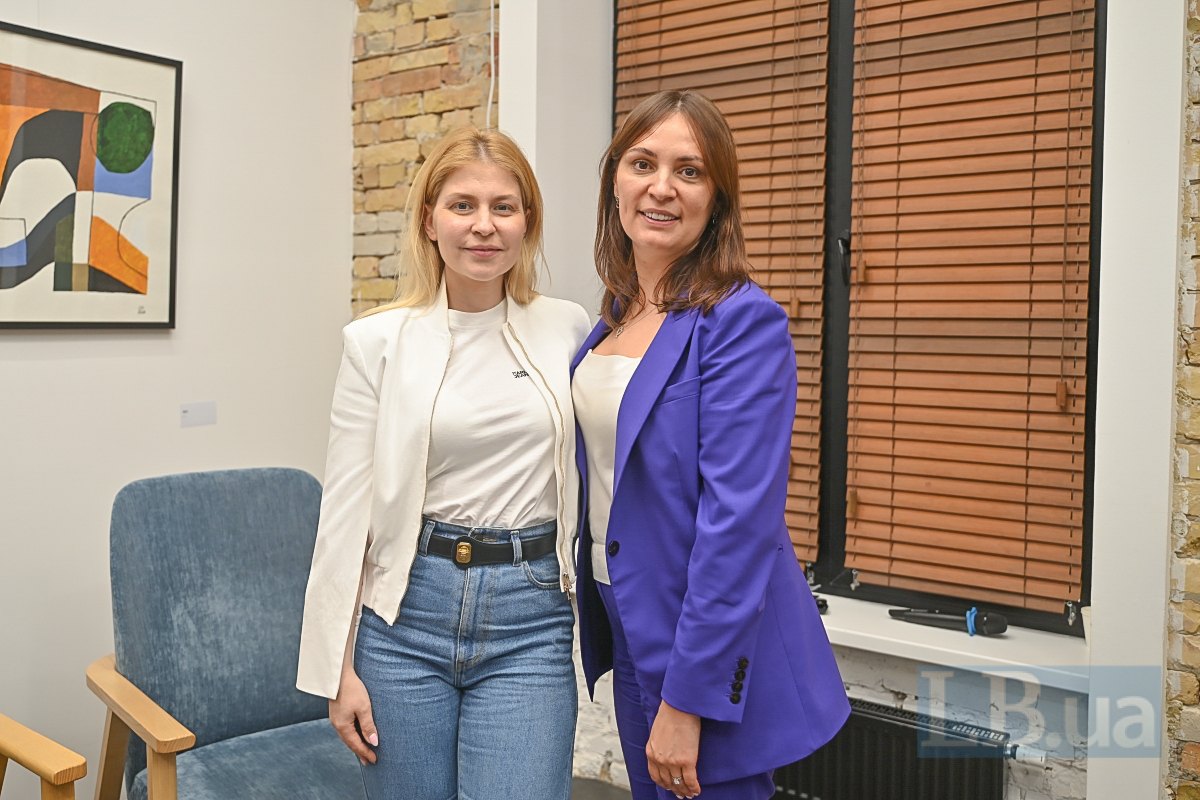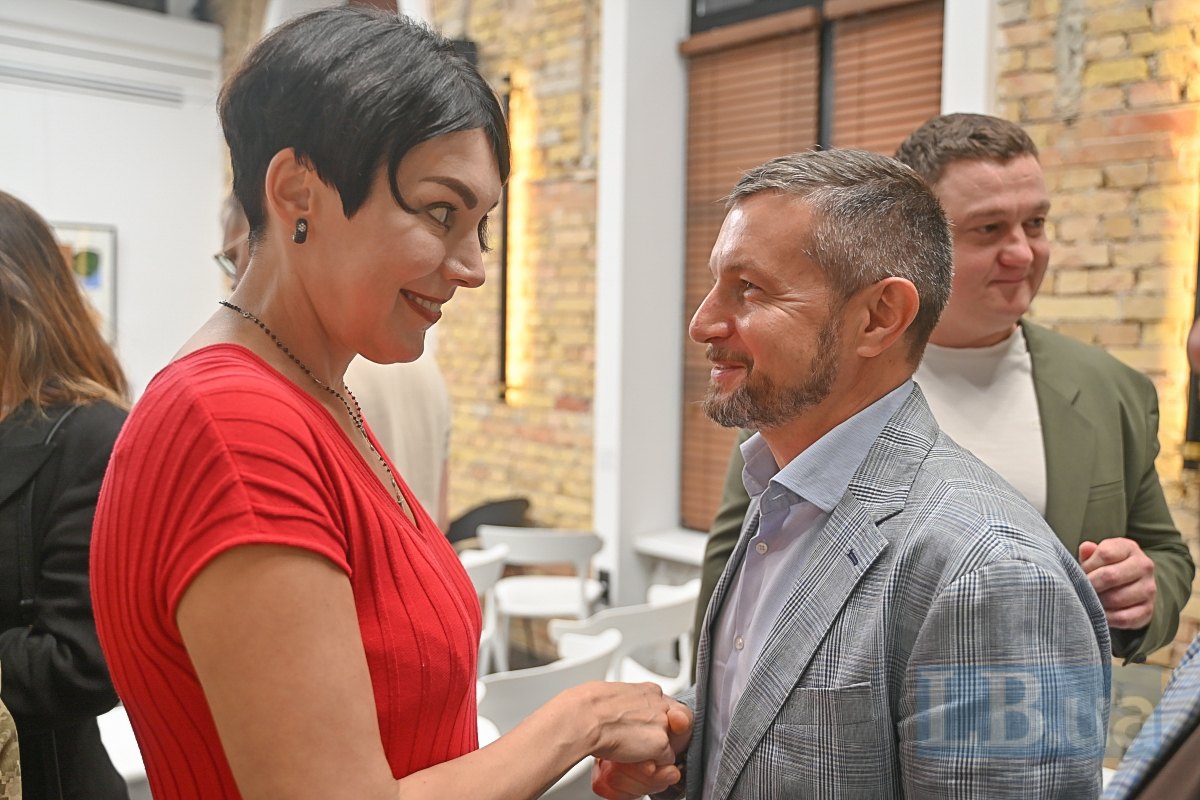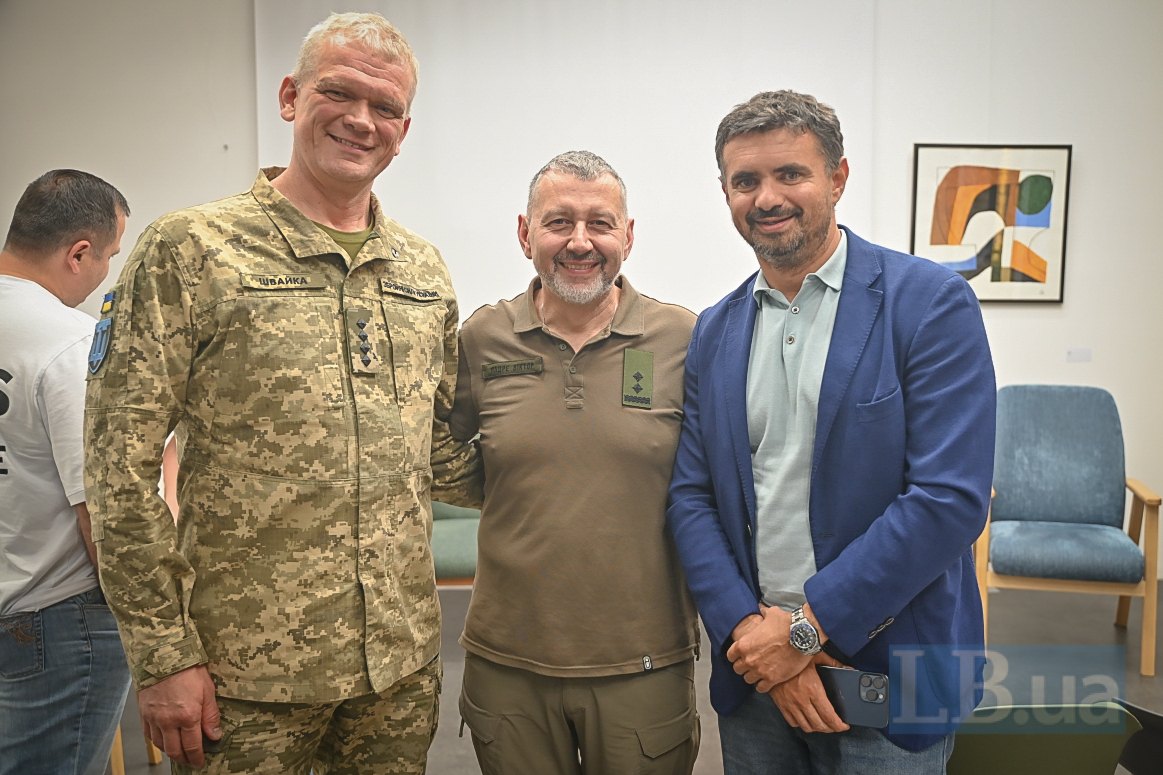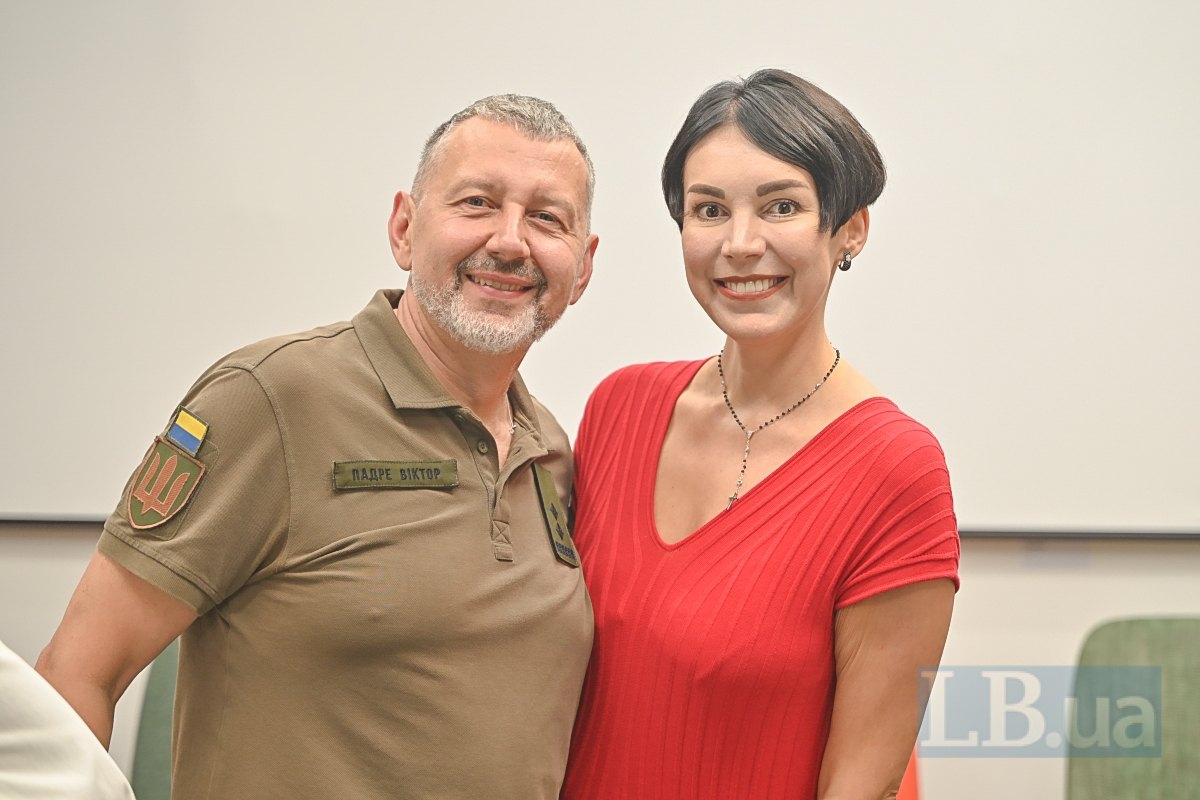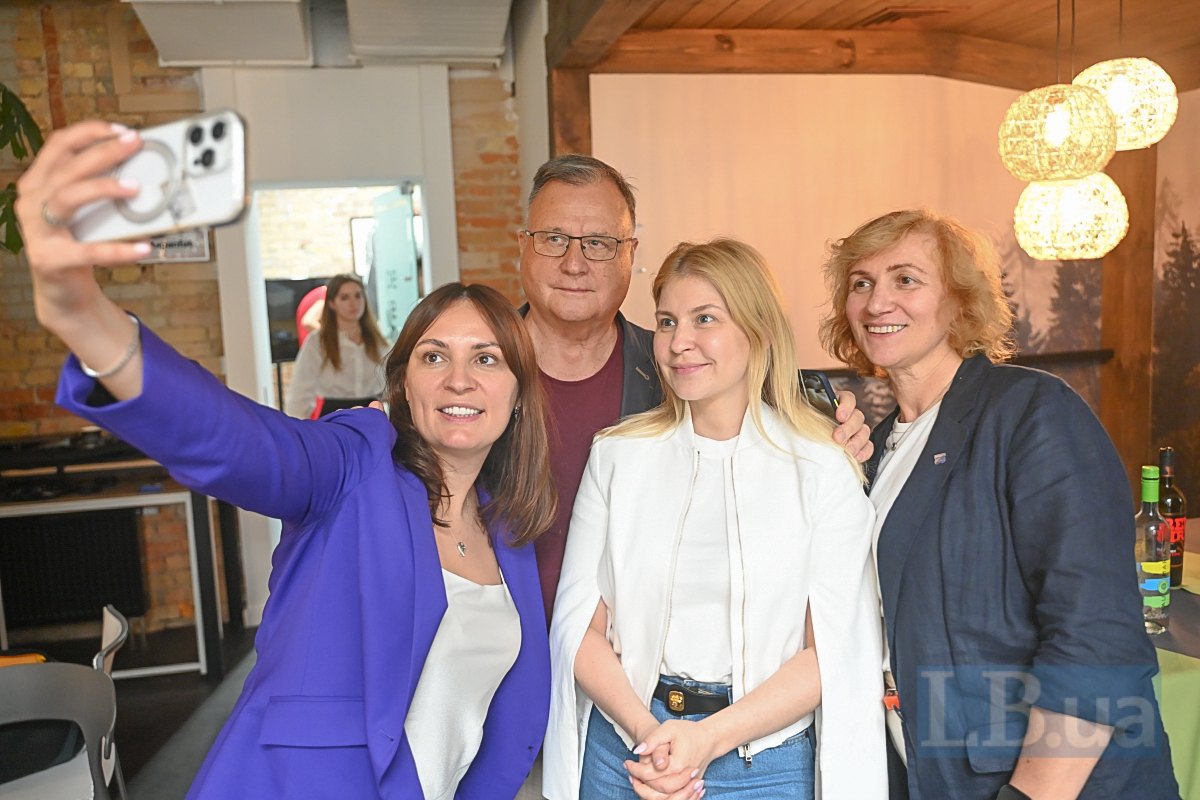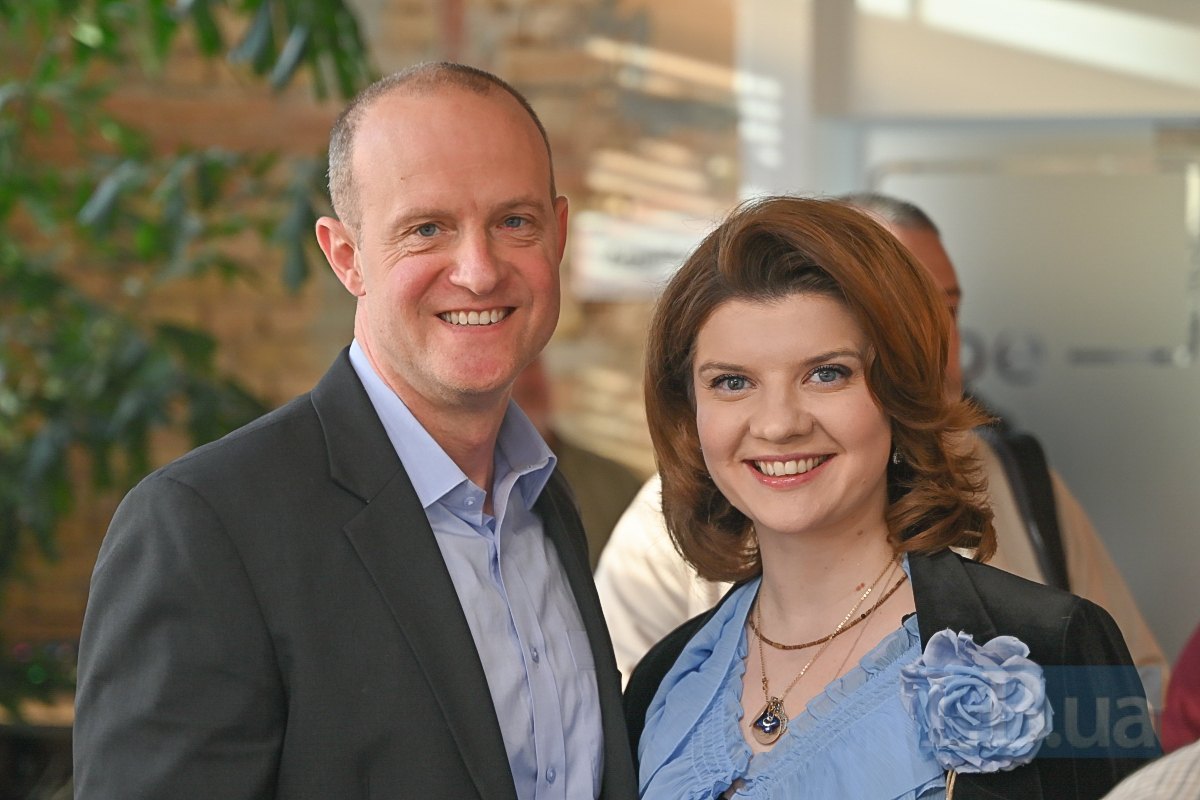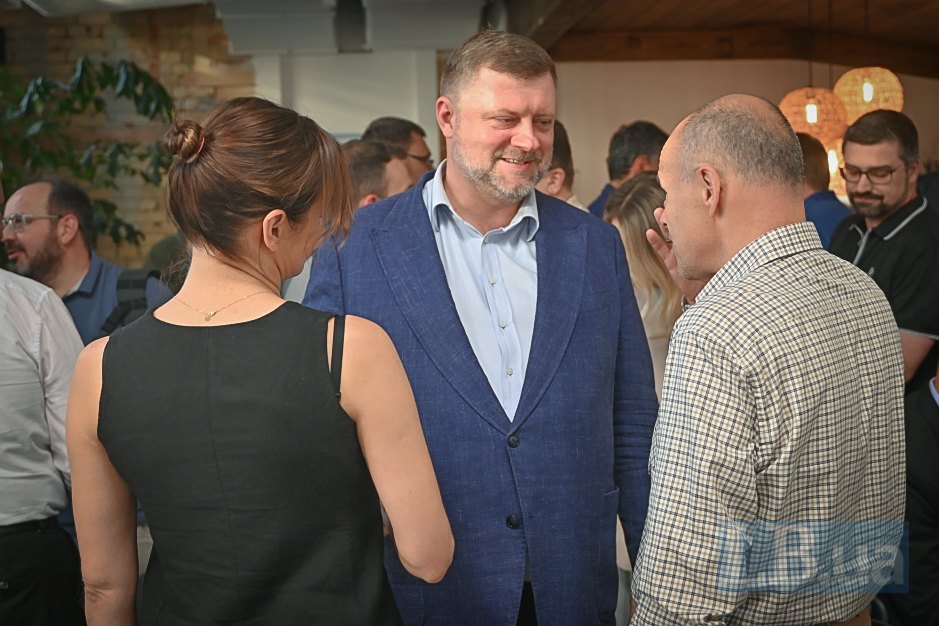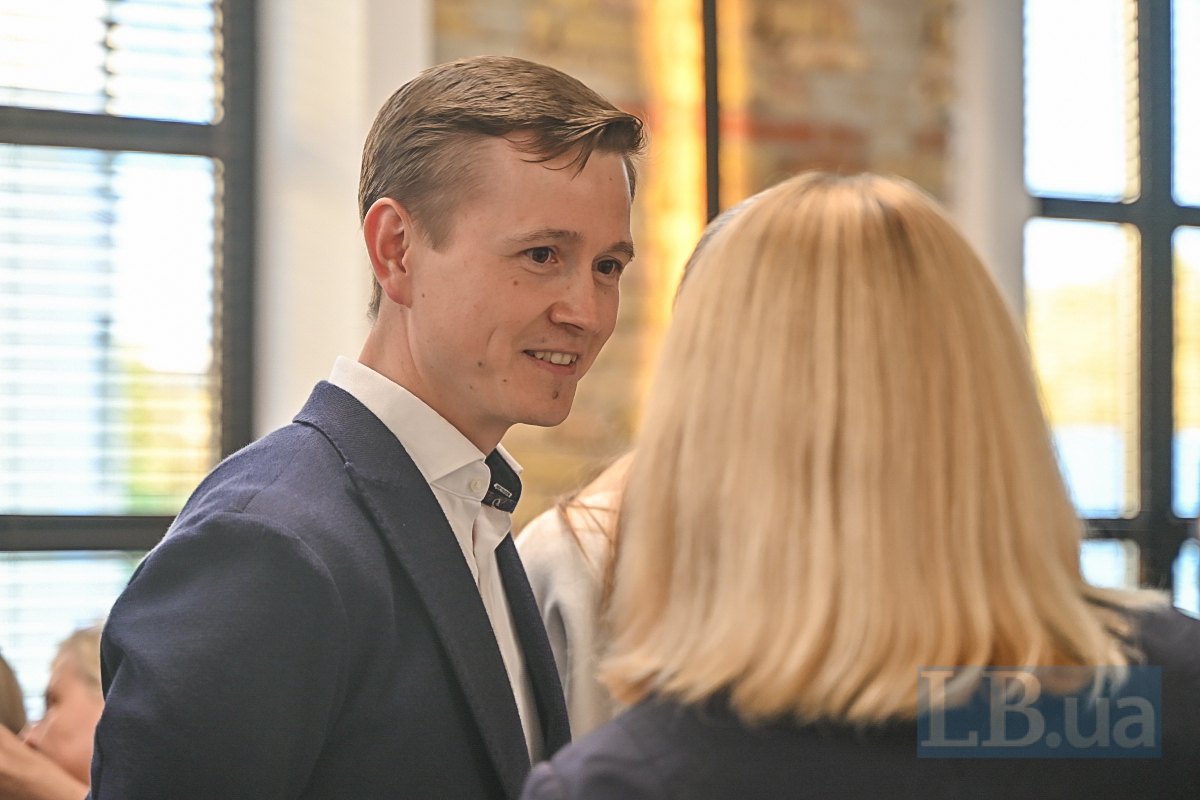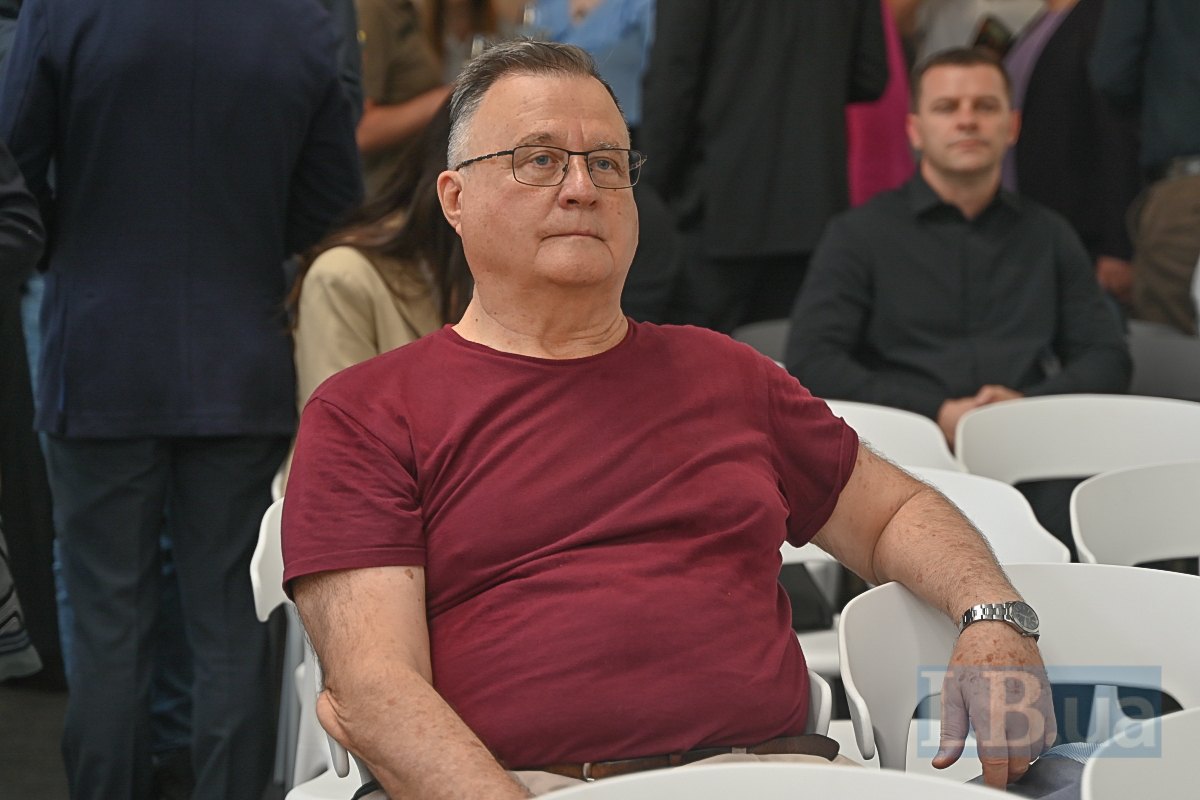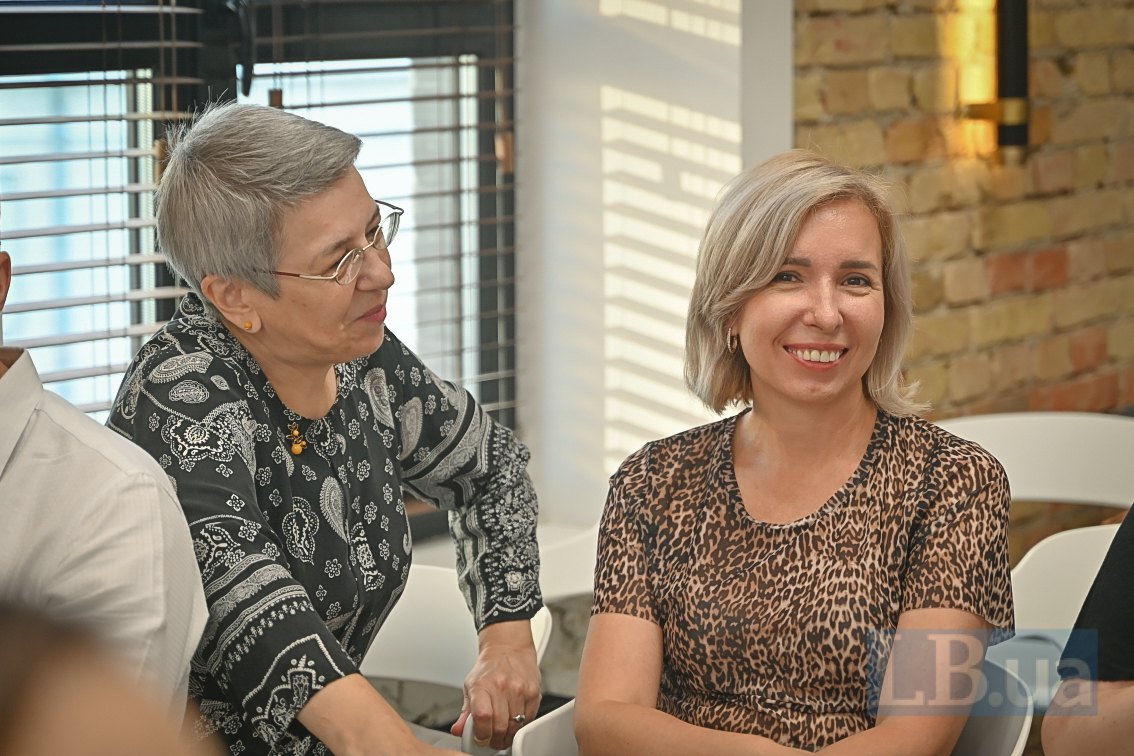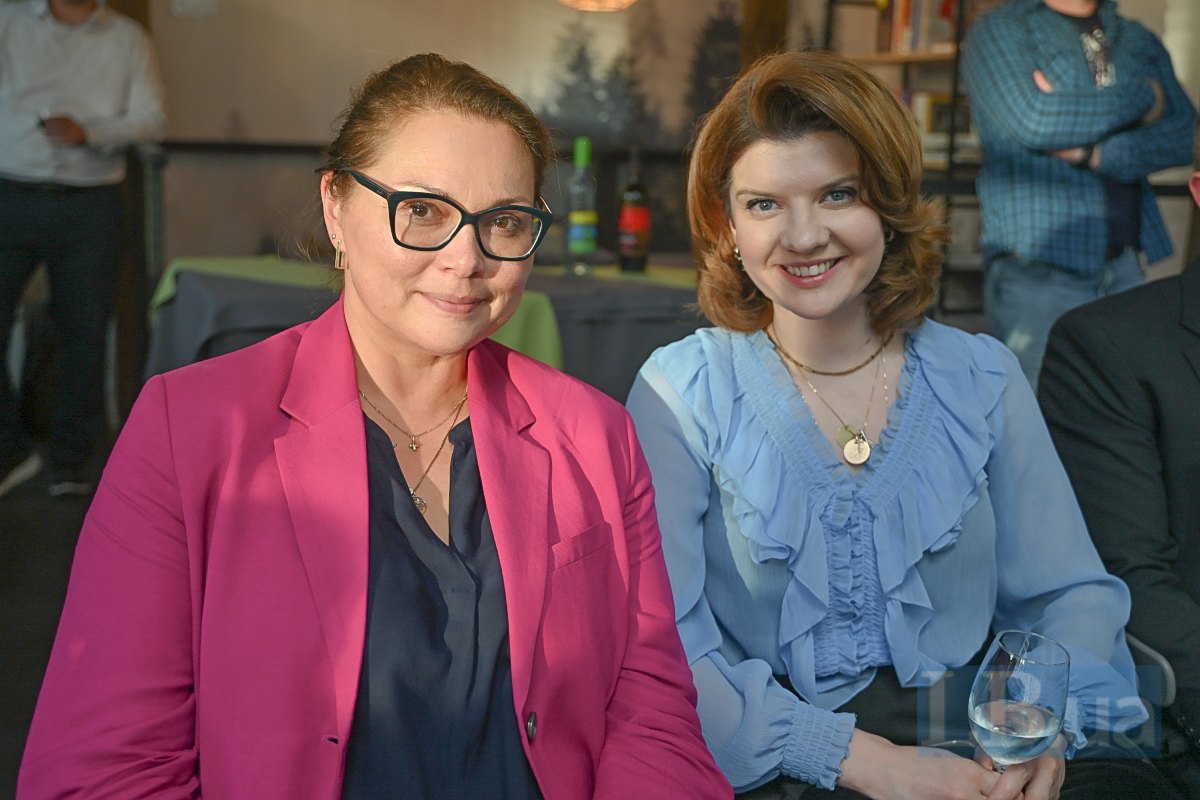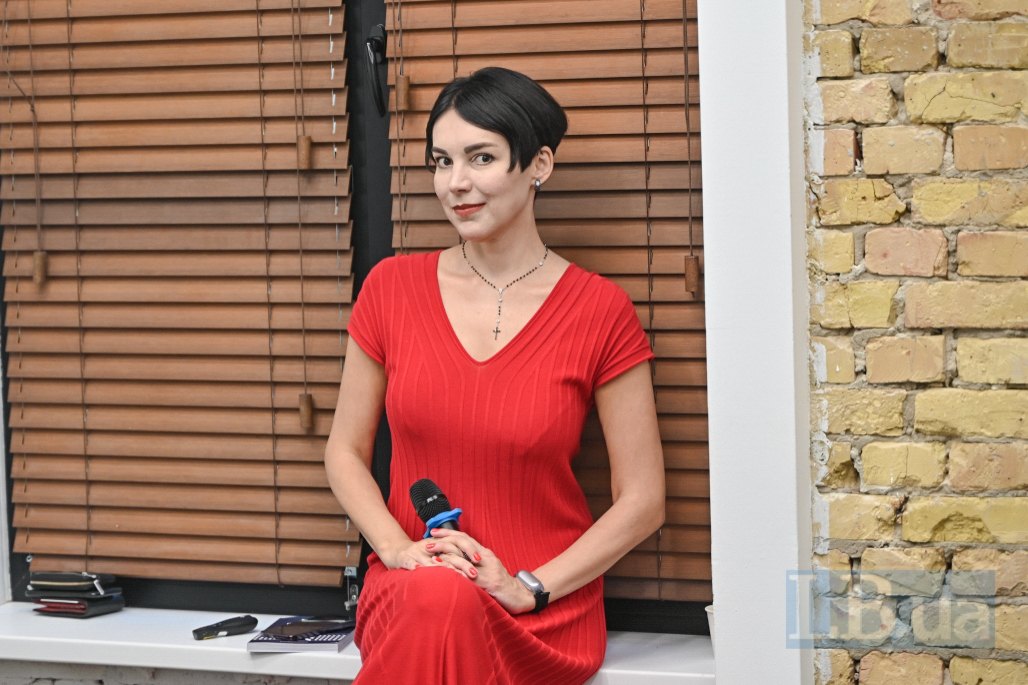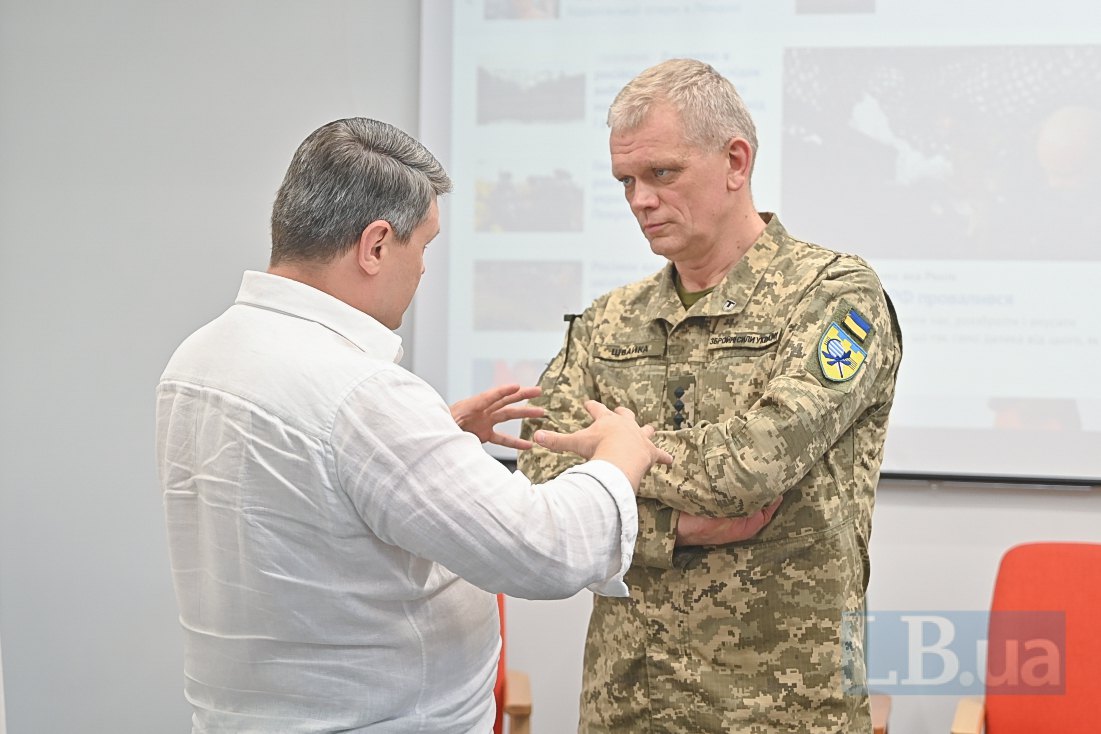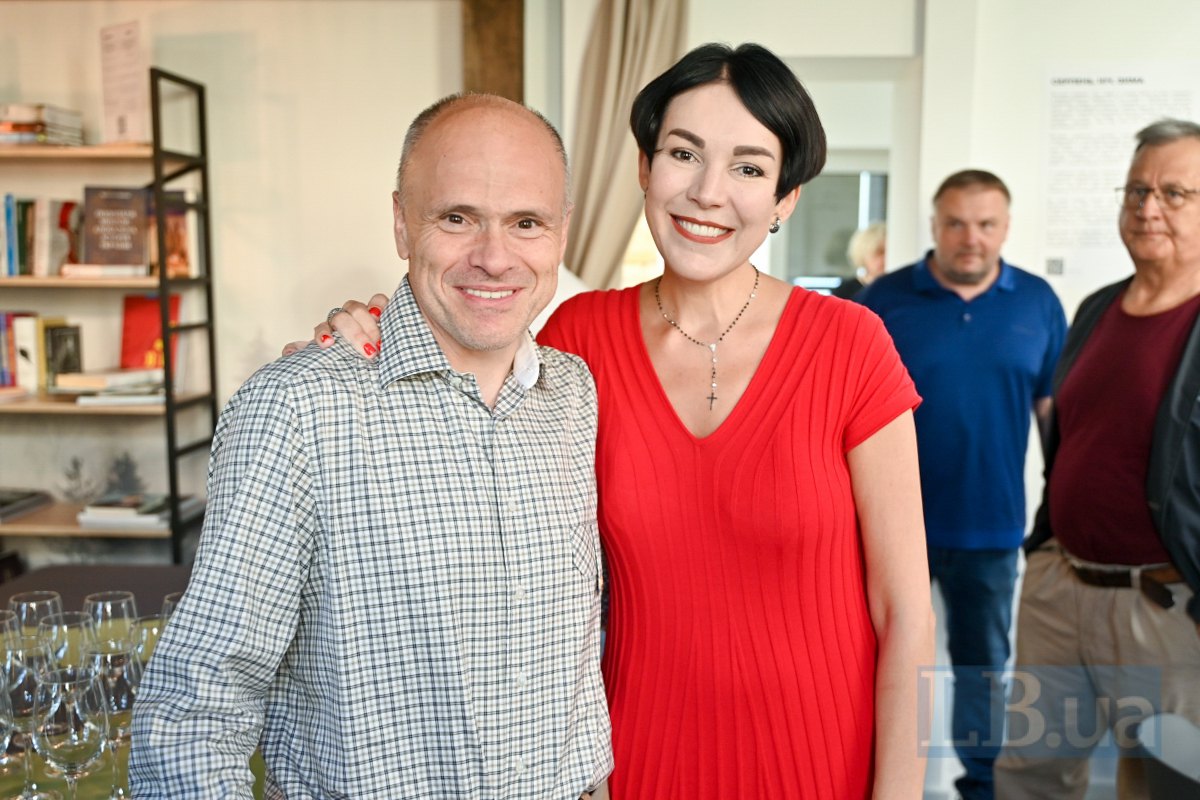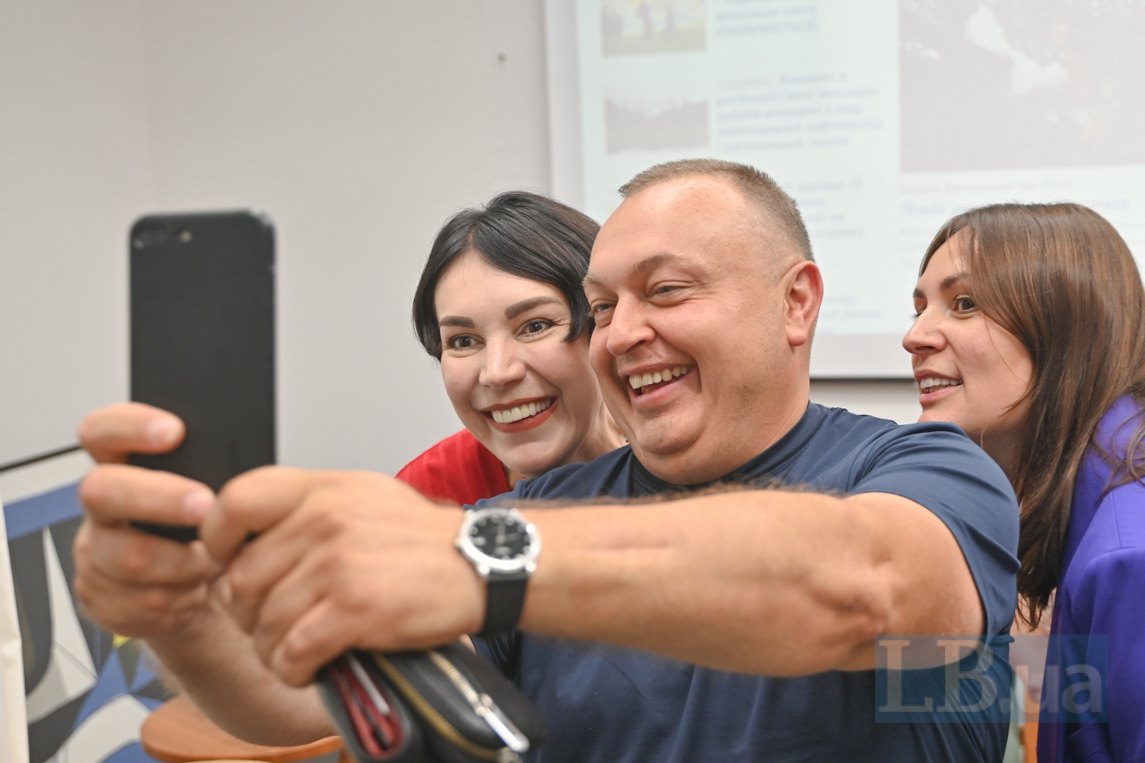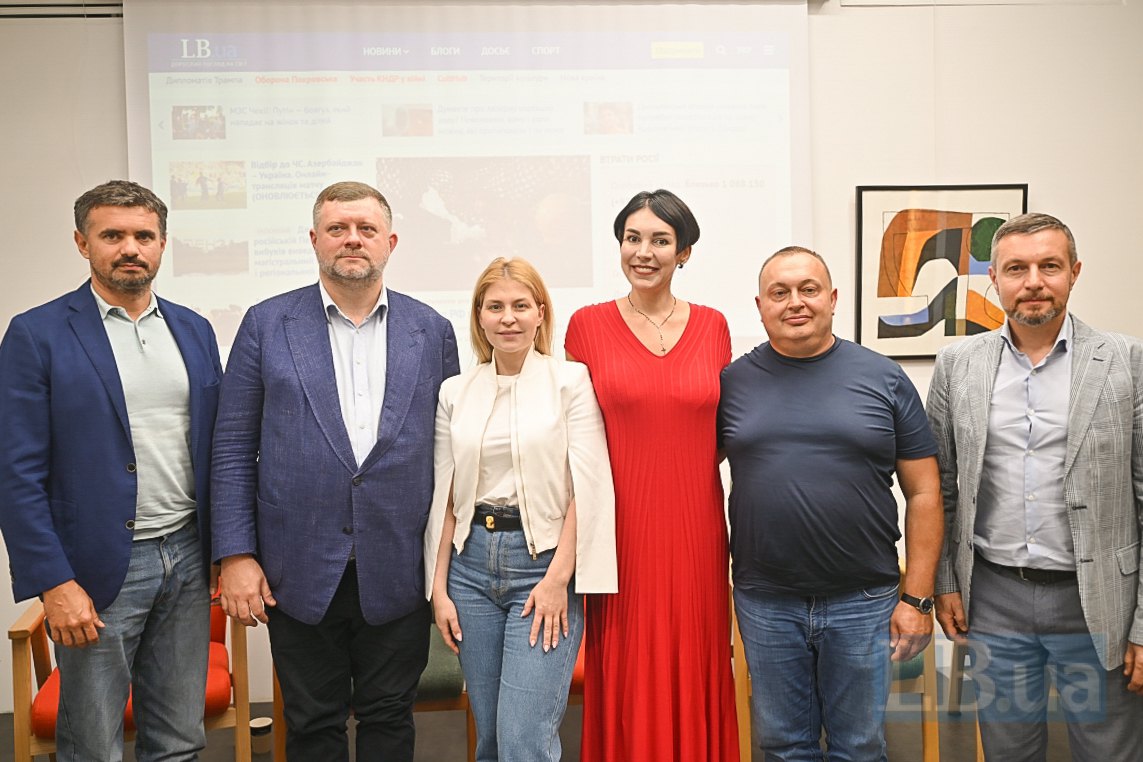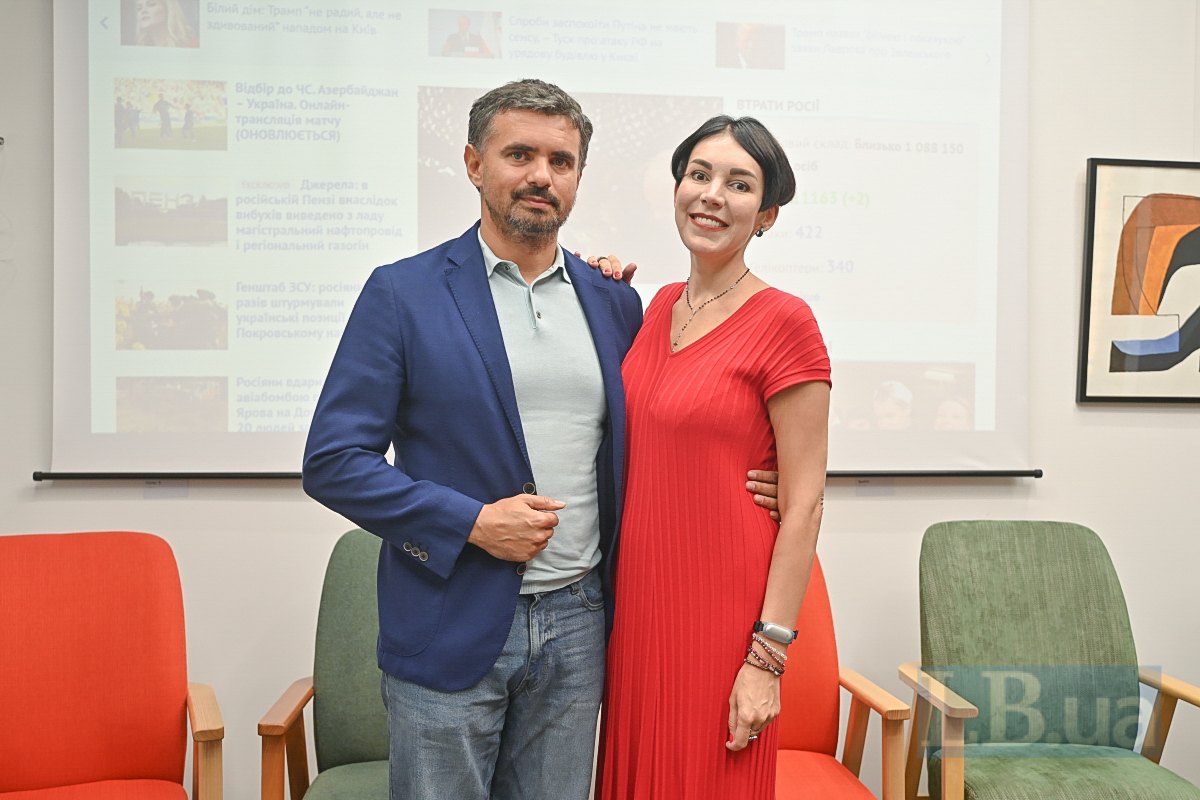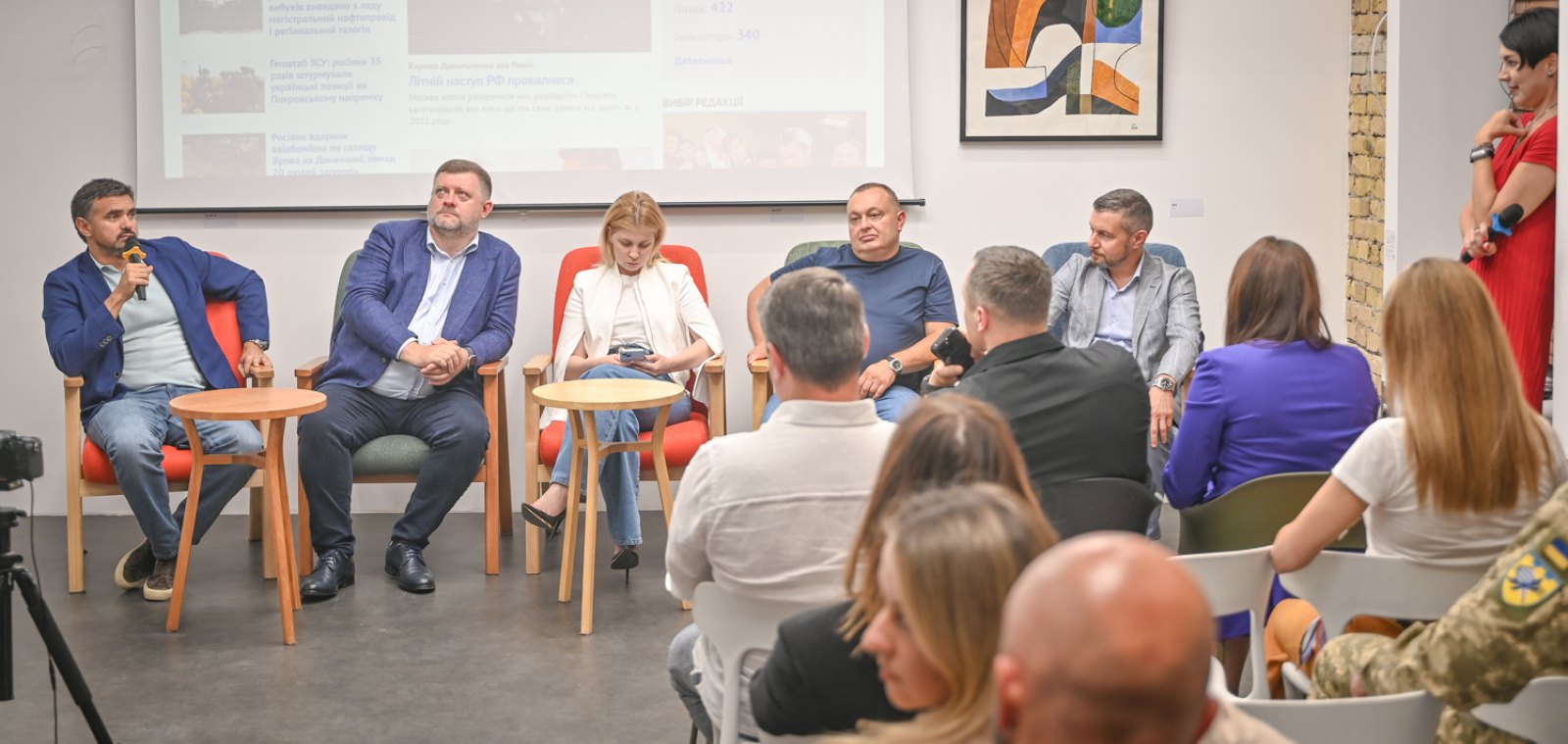New Country, a joint project between LB.ua and EFI Group, is kicking off a new season. The traditional discussion for this format focused on the challenges facing the country at present, including the front line, security, domestic/international politics, the economy, business, and society. The participants discussed what Ukraine is ending the summer with and entering the last decade of 2025 with, in particular:
-
Ambassador of Ukraine to the United States of America Olha Stefanishyna;
Olha Stefanishyna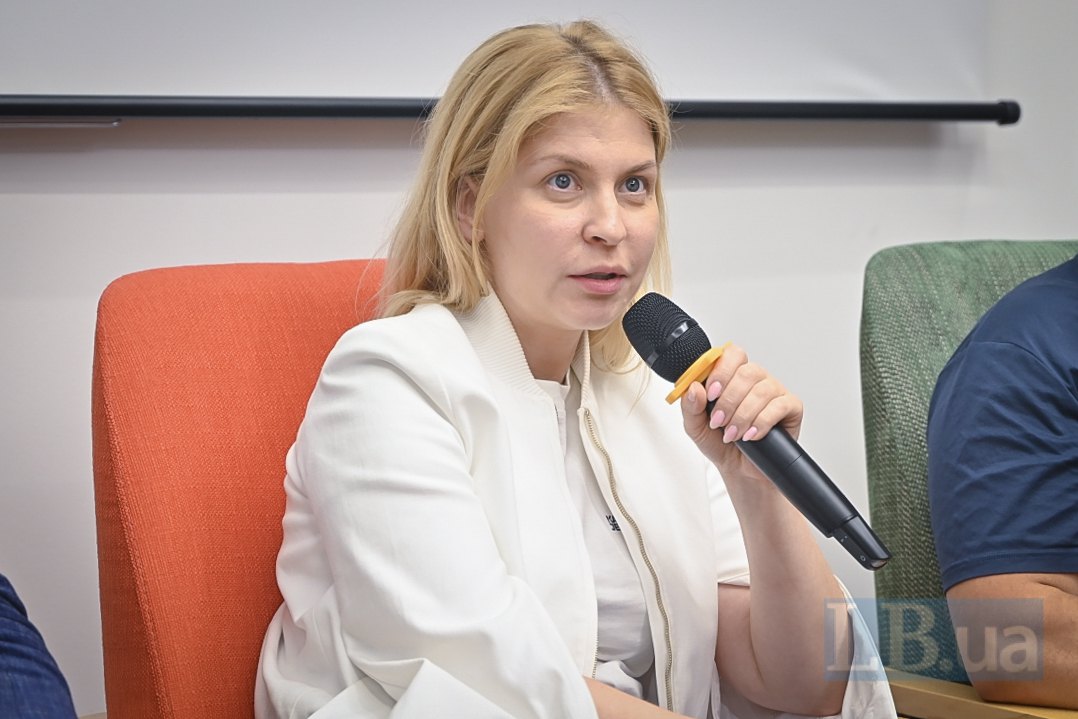
-
First Deputy Chairman of the Verkhovna Rada of Ukraine Oleksandr Korniyenko;
Oleksandr Korniyenko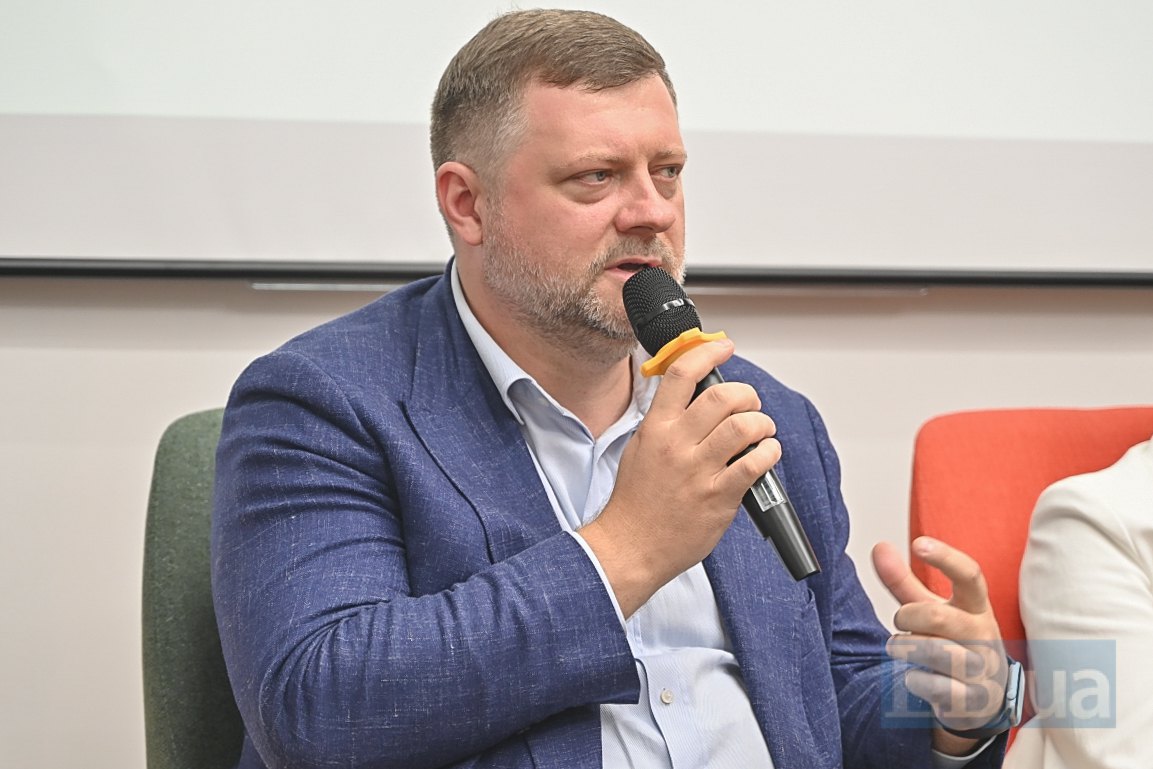
-
Representative of the Defence Intelligence of Ukraine Ilya Pavlenko;
Ilya Pavlenko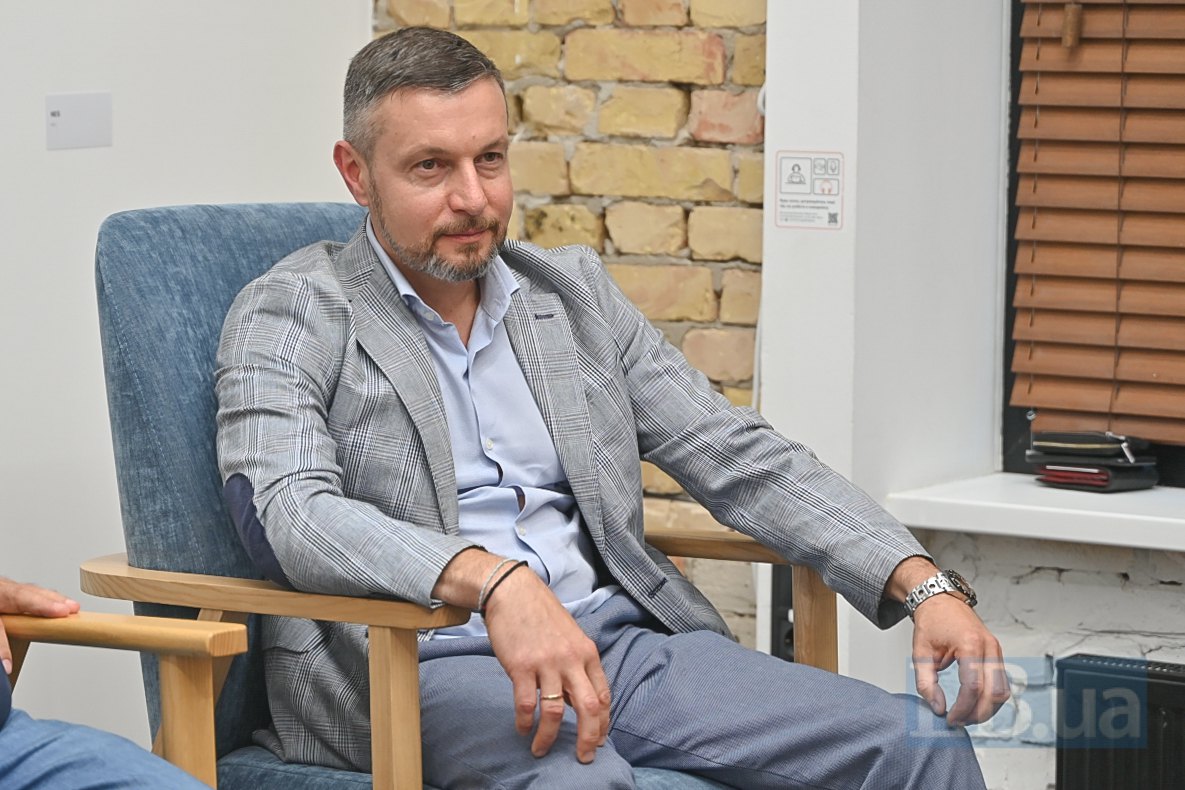
-
Head of the Sociological Group Rating Oleksiy Antypovych;
Oleksiy Antypovych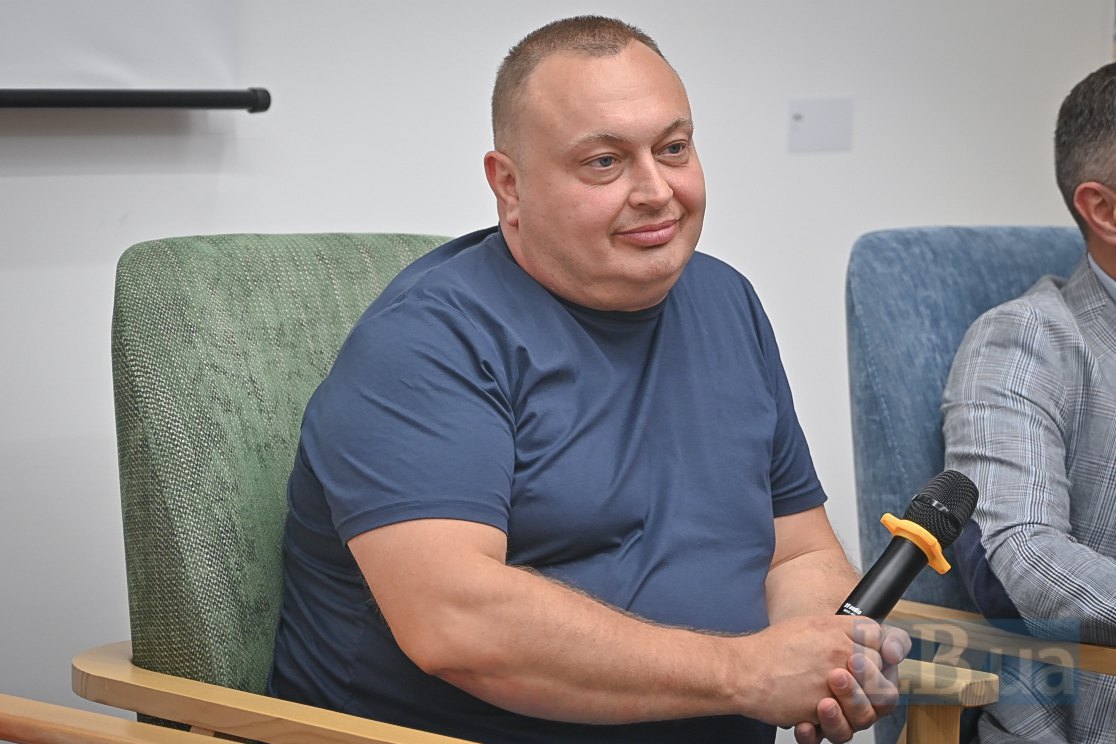
-
Head of the Supervisory Board of the investment company EFI Group Ihor Liski.
Ihor Liski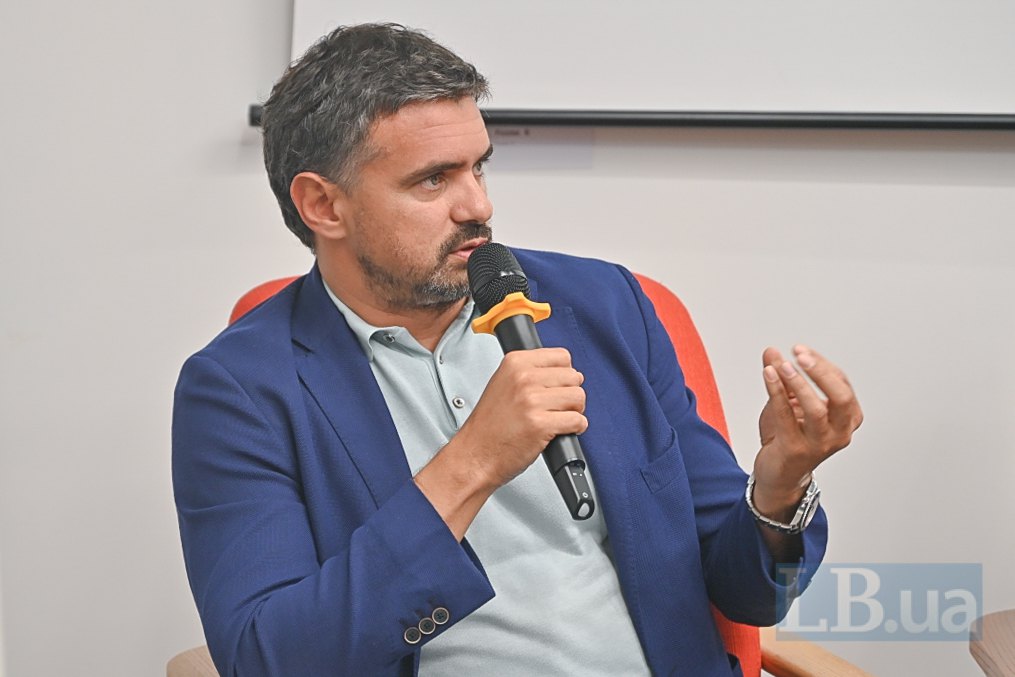
Several speakers outlined the new challenges facing Ukraine. In particular, Ambassador Olha Stefanishyna, in the context of her work, sees the problem of Russia's legitimisation in the United States.
"Literally on my way here, I saw Kirill Dmitriev's very complimentary appearance on Fox News prime time, where he talked about Russian minerals, the attractiveness of the Russian economy, and investments against the backdrop of the Russian ambassador's return to the United States and the opening of Russian churches there. ...The reality has changed not only in terms of the US's role in ending the war, but also in terms of legitimising Russia's presence in the United States," Stefanishyna noted. She stressed that Russia's main goal is to achieve its objectives covertly, not at public events, but on the way to them.
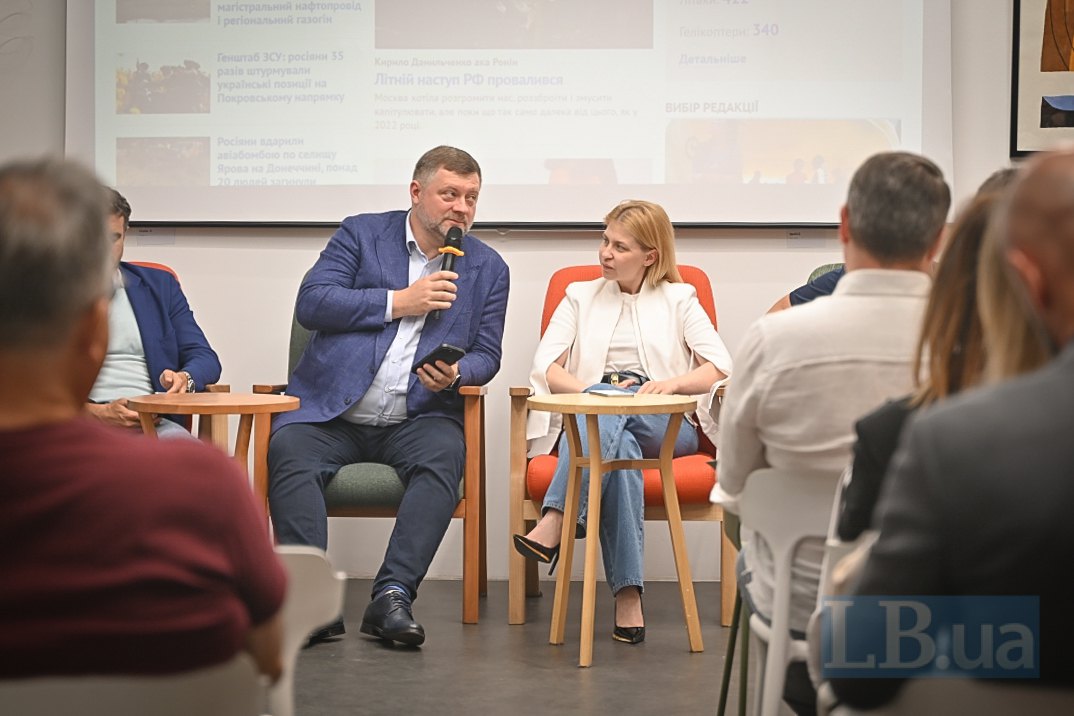
According to First Deputy Speaker of the Verkhovna Rada Oleksandr Korniyenko, the attack on the Cabinet of Ministers building has made the threat to decision-making centres obvious.
‘Such things, even through escalation, can have an impact on domestic policy and the work of institutions. And this must also be taken into account this season. I would add that this is a new factor,’ said the representative of the Verkhovna Rada.
Oleksiy Antypovich, head of the Rating sociological group, also noted changes in public sentiment. According to sociological research, today, 82% of Ukrainians believe that the way to end the war is to seek compromises in negotiations (20% of them in direct negotiations with Russia), and only 11% are in favour of continuing military operations. At the end of 2022 and beginning of 2023, 73% of respondents supported the scenario of fighting until the return of Donbas and Crimea, says the sociologist.
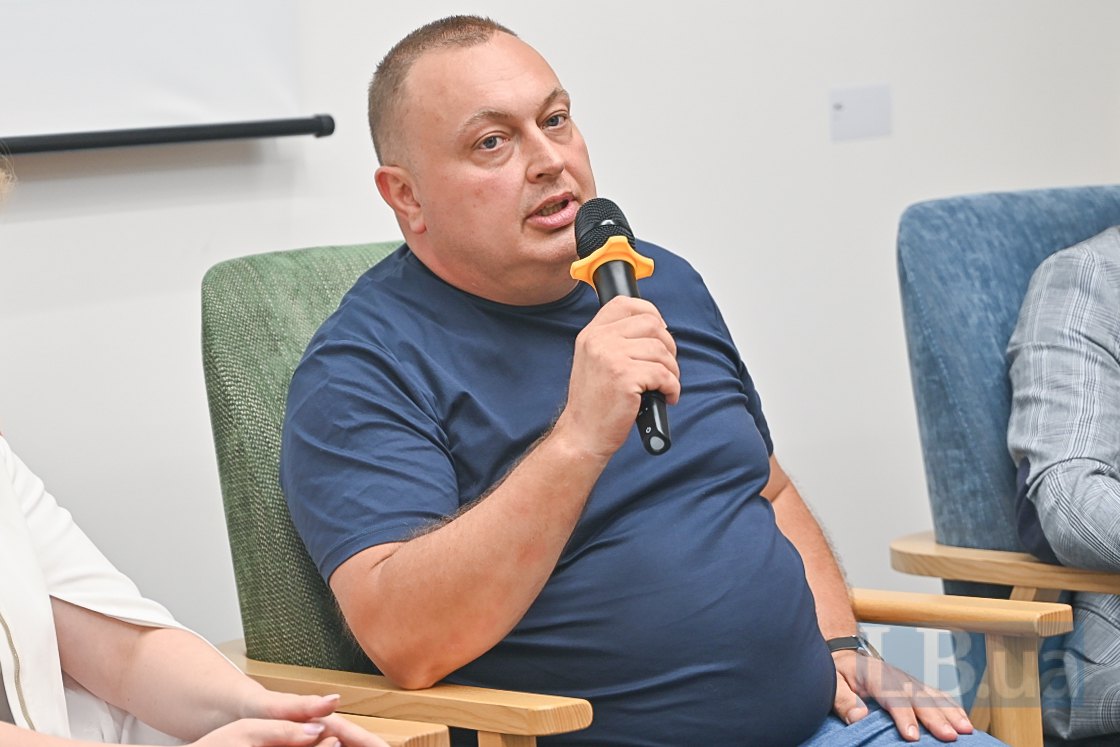
“‘This is an introductory overview of where Ukrainian society stands on the issue of war. We could talk at length about how tired we are or other issues, but here are some telling figures. The most important thing about them is that there is no mention of peace at any price,’ noted Oleksiy Antypovych.
Ihor Liski, head of the EFI Group, believes that business, like society as a whole, needs to see and understand the strategy for Ukraine's victory and demand it from the government and international partners.
‘We are still holding on, we, including business, are gritting our teeth, but it cannot always be this way. If we see that the war will be eternal and Ukraine is the shield of Europe, fine, show us what we are fighting for,’ the businessman noted. "If there is no strategy or vision for victory, there are no fools in business. Everyone is starting to restructure, diversify, and Ukraine is becoming less and less attractive in the long term. We cannot look to the past; we must look to the future."
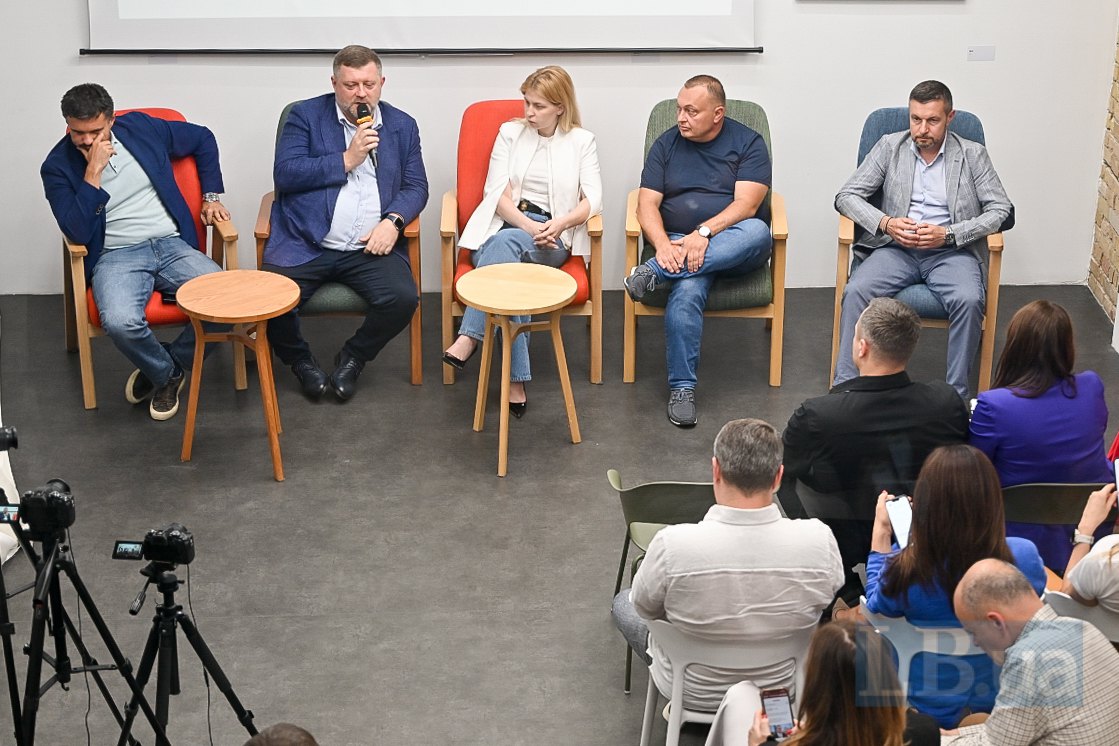
Illya Pavlenko, representative of the Main Intelligence Directorate, believes that we are currently at a ‘point of uncertainty,’ but he names two most likely scenarios for the development of events.
"The first scenario is the continuation of the active hot phase of the war, when the so-called Russian Federation will try to put pressure on us, exhausting our human, technical and financial resources.
The second likely scenario is, rather, the fading of the active phase of the war, and this will require us to rebuild a new security architecture. The return of people from abroad, the return of capital, work with veterans, etc. And when we talk about security, we are not only talking about and understanding the army and the front line, we also understand other components. These include information stability, a healthy economy, cyber hygiene, and cyber security. And, perhaps most importantly, social unity. It is these components that form our shield, which will enable us not only to win, but also to build a path to stable development for the country in the future," says Pavlenko. However, he adds that none of these scenarios means the end of the war, as he is convinced that Russia will not stop as long as it has the opportunity to advance even slightly.
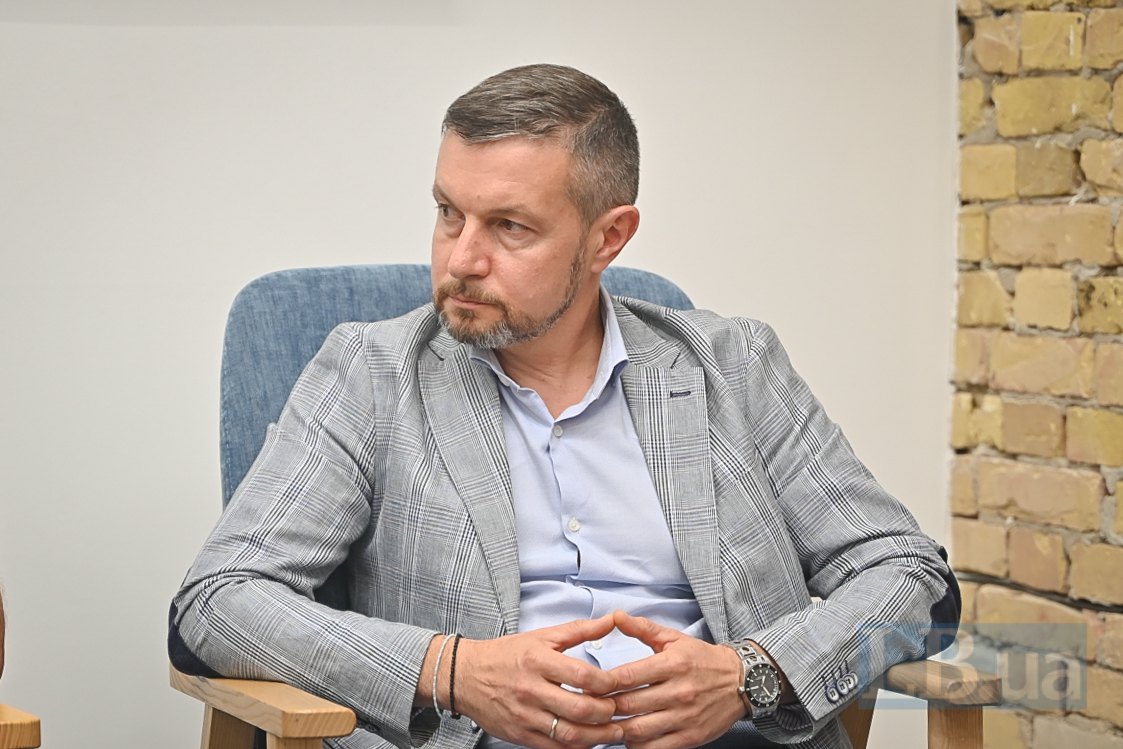
“All the levers are in our hands. If we build a security system architecture that is less dependent on the assistance of our partners, we will definitely stop the enemy and create prospects for Ukraine's sustainable growth in the face of constant challenges, because even if the hot phase subsides, it does not mean the end of the war for us," the DIU representative emphasised.
Read the detailed opinions of the main speakers and guests of the discussion and their arguments soon on LB.ua.
